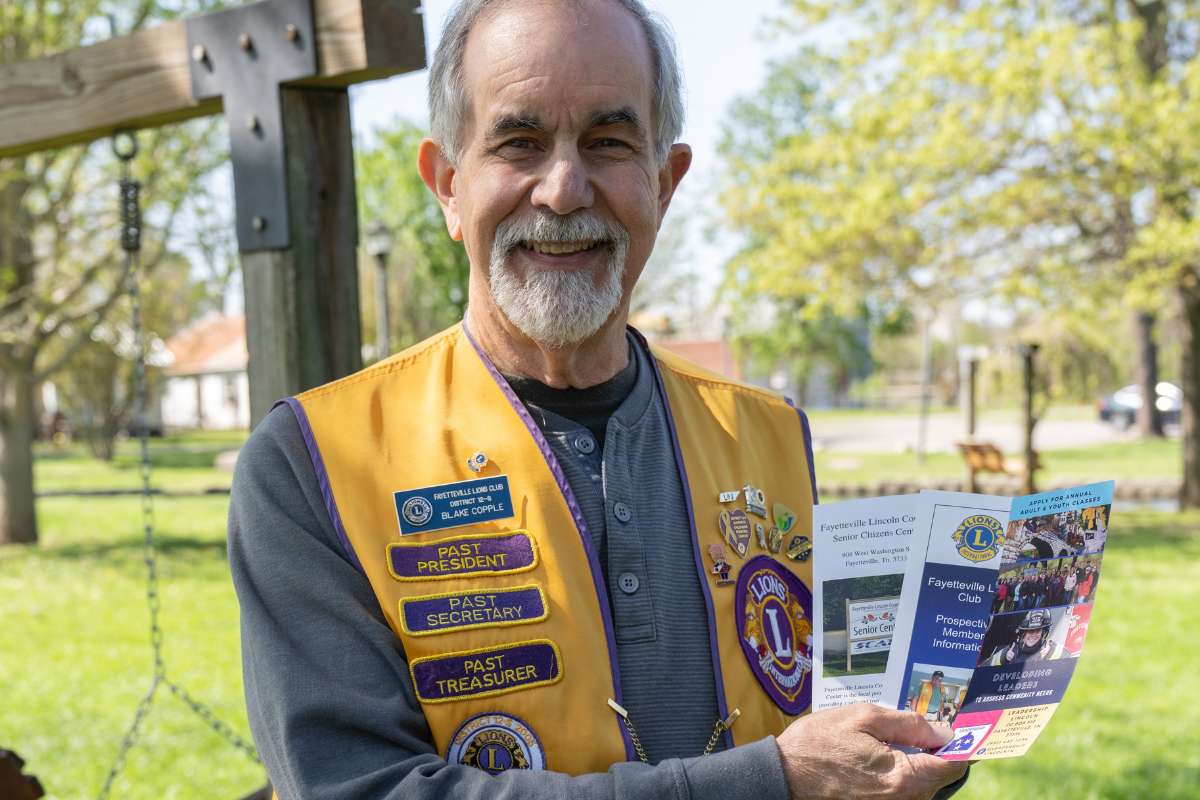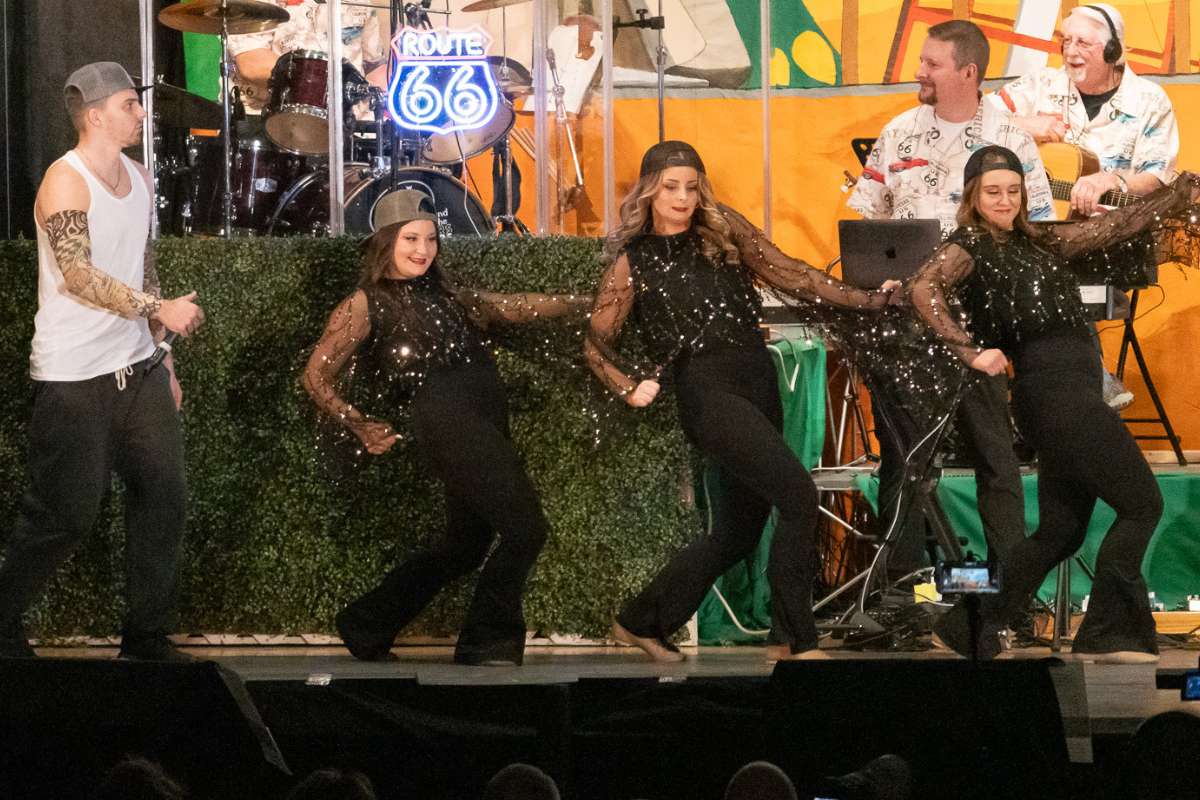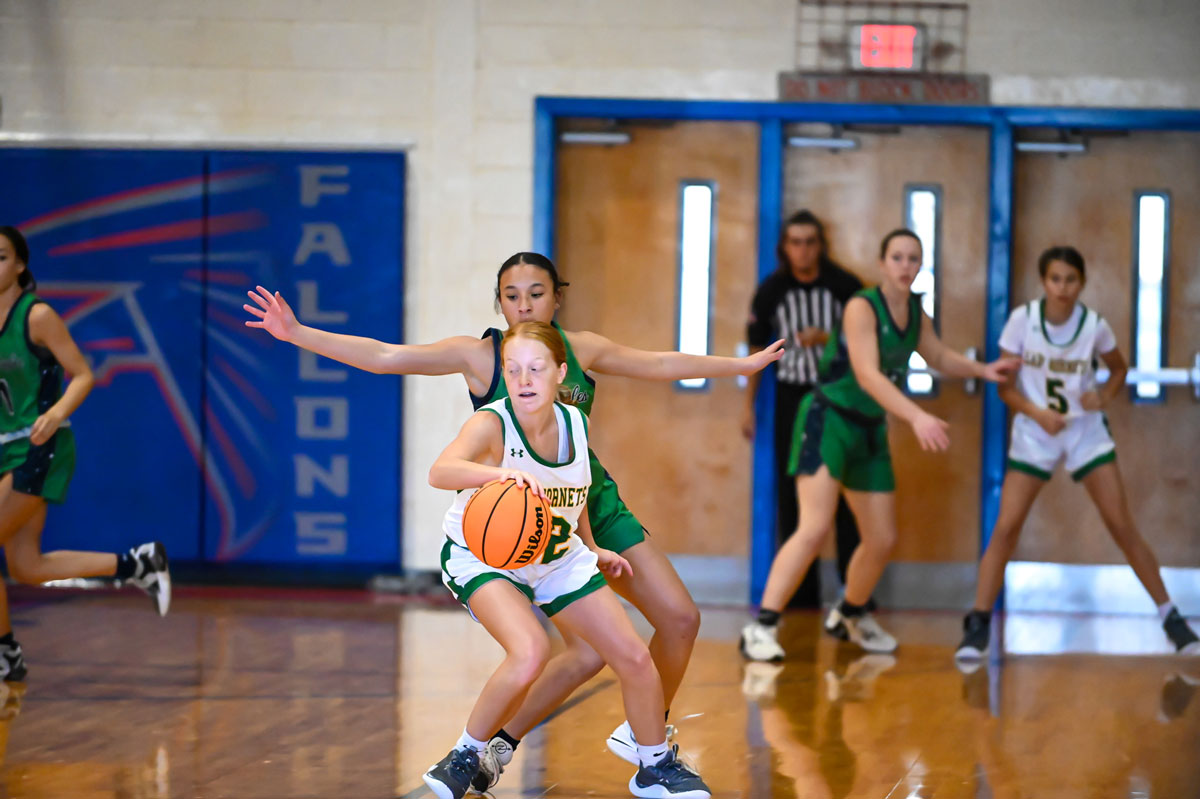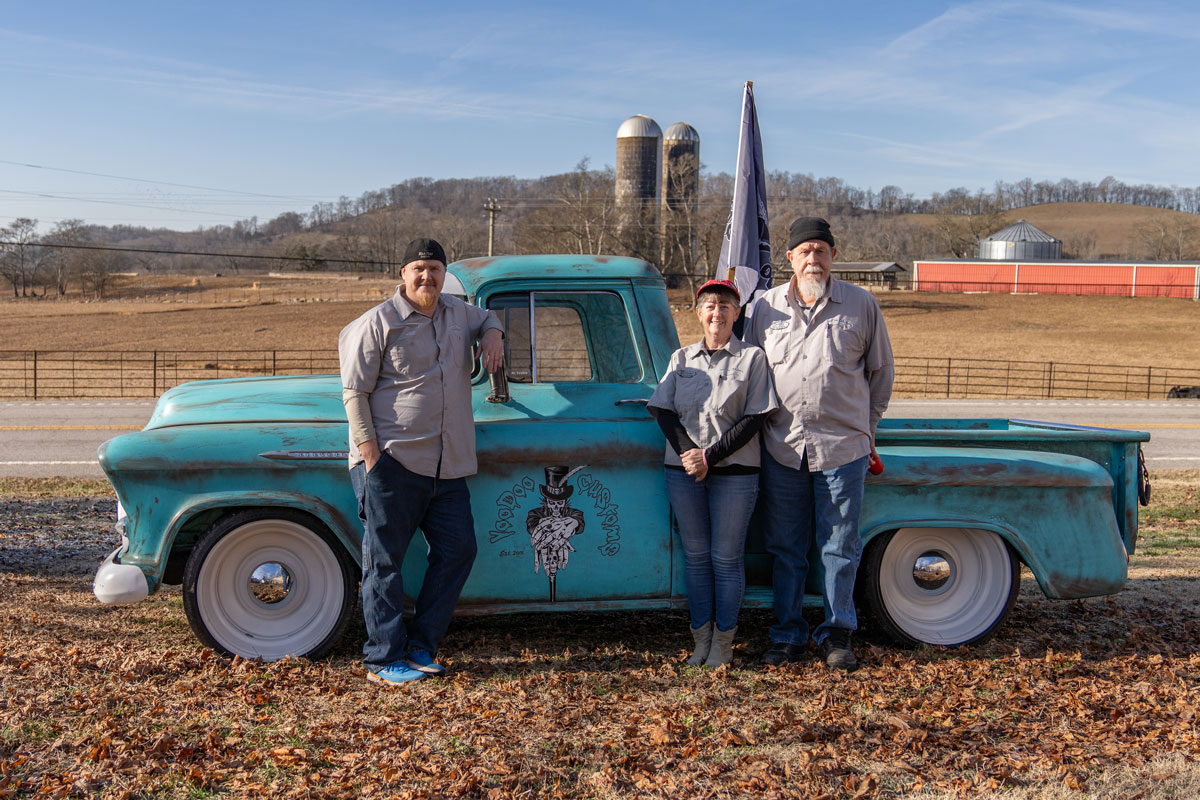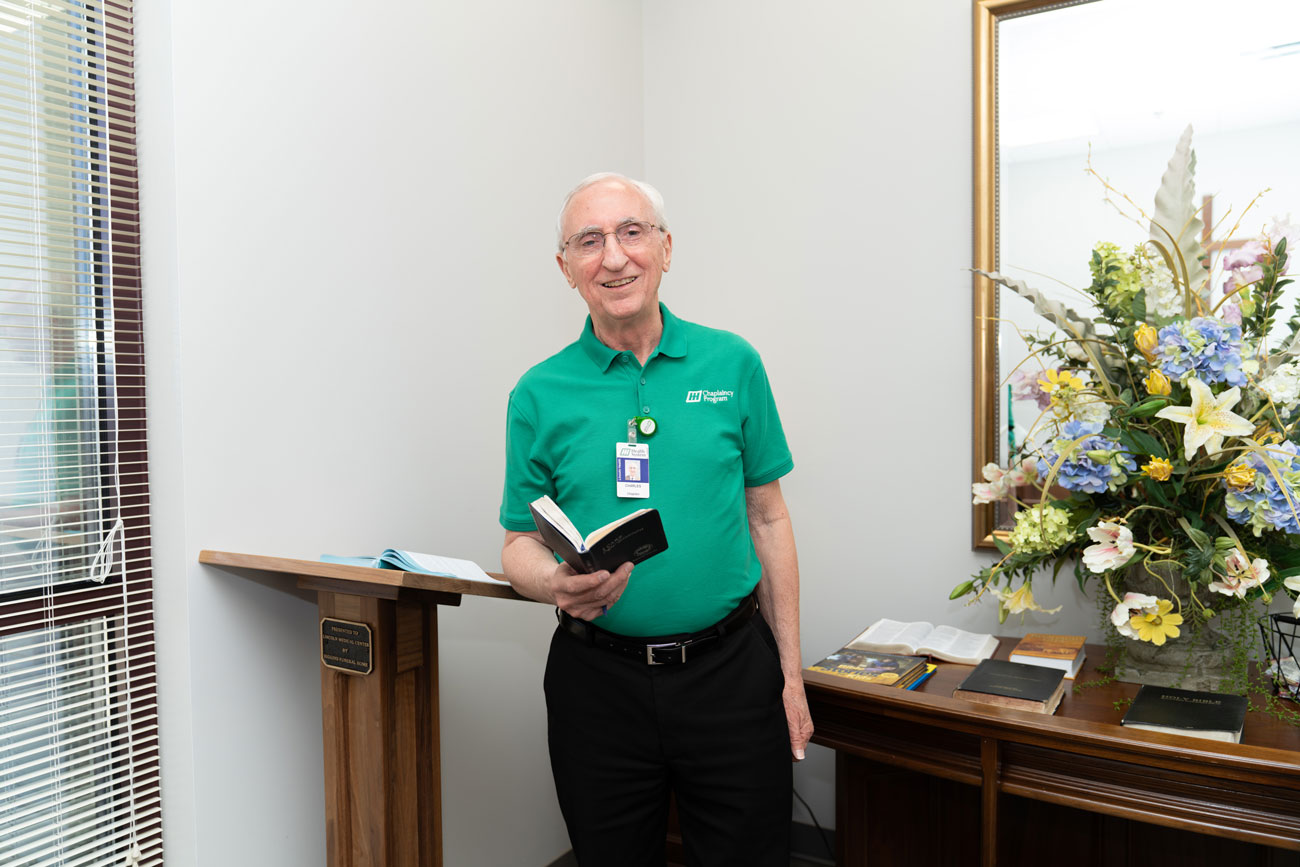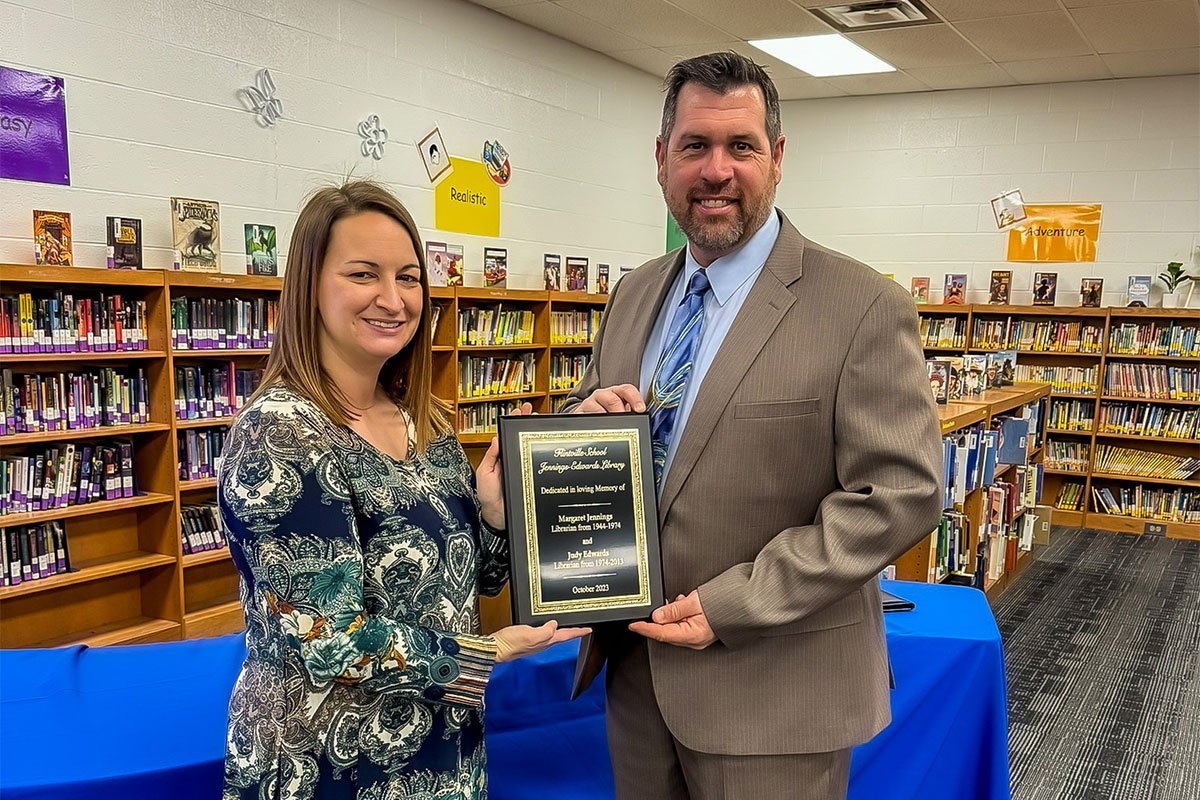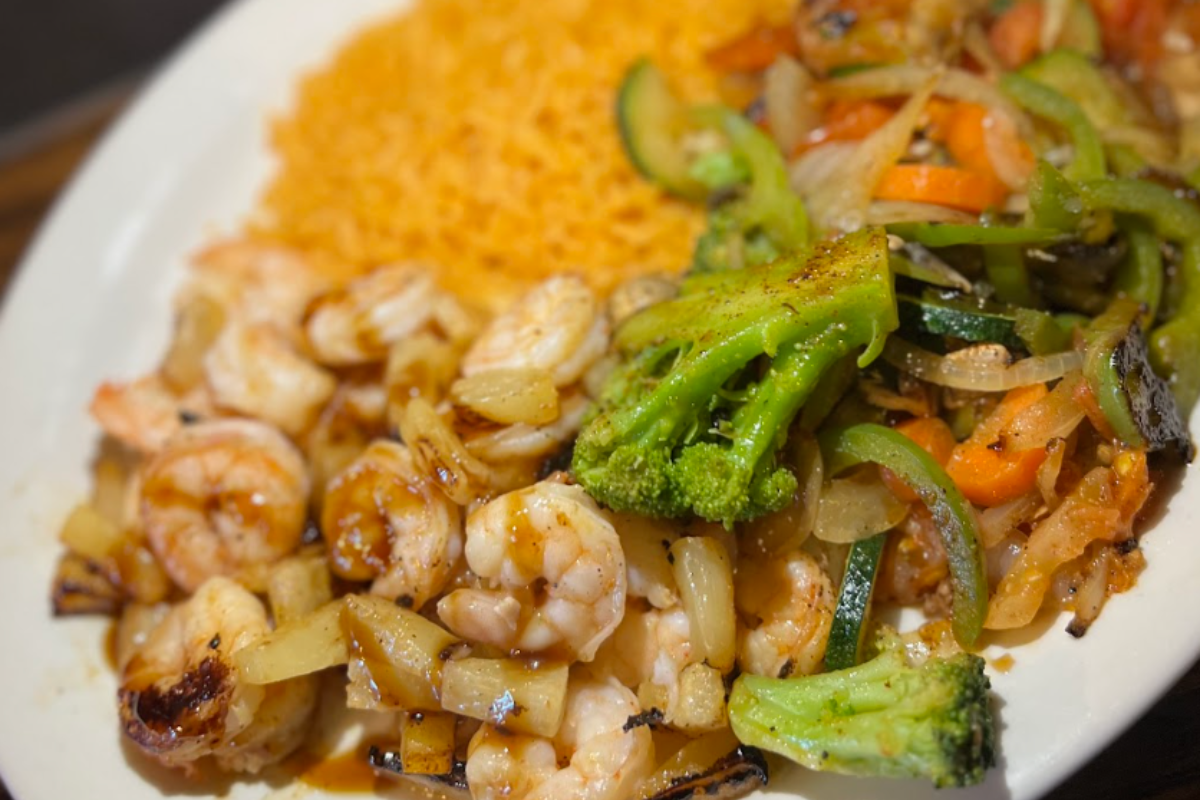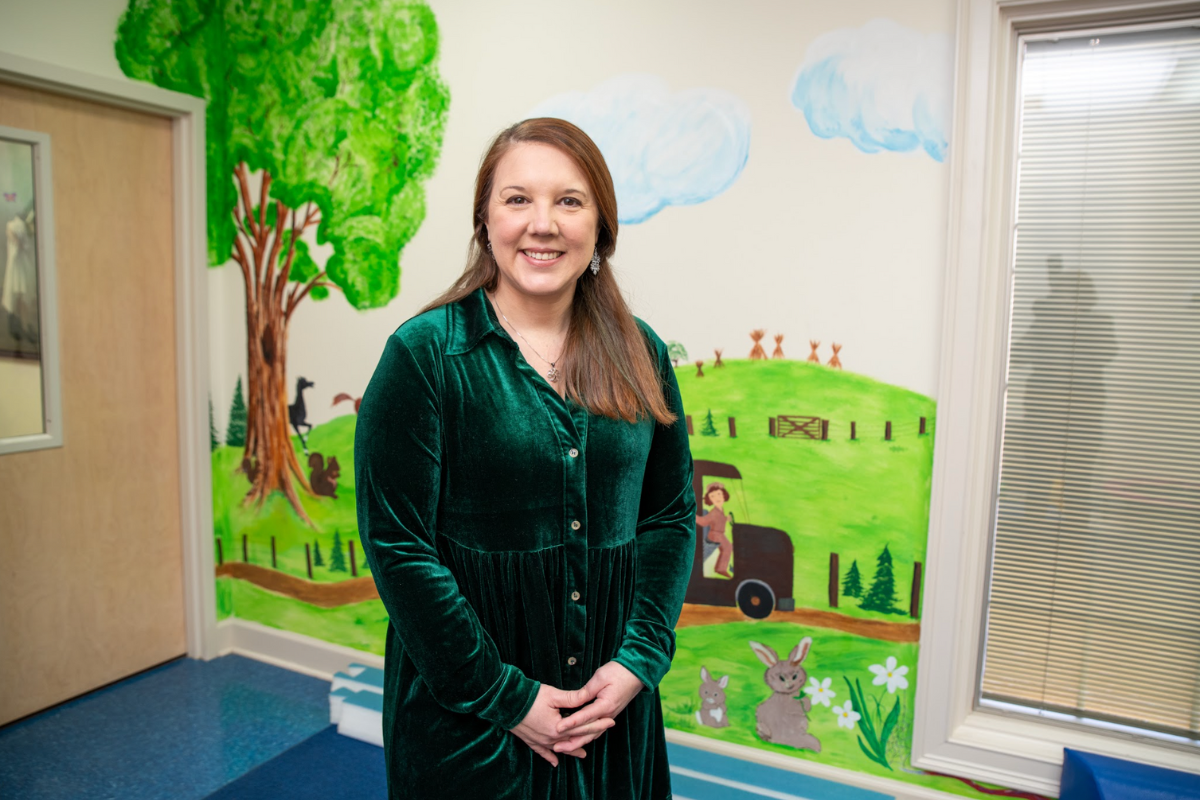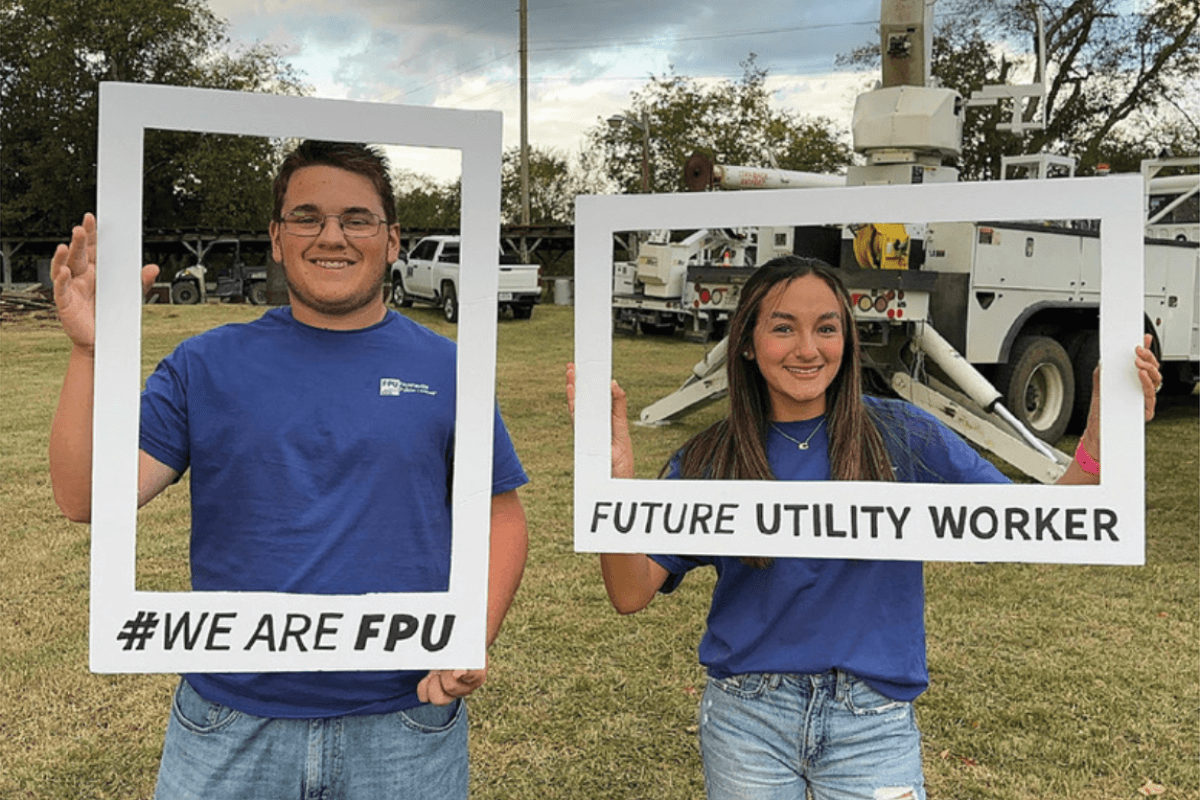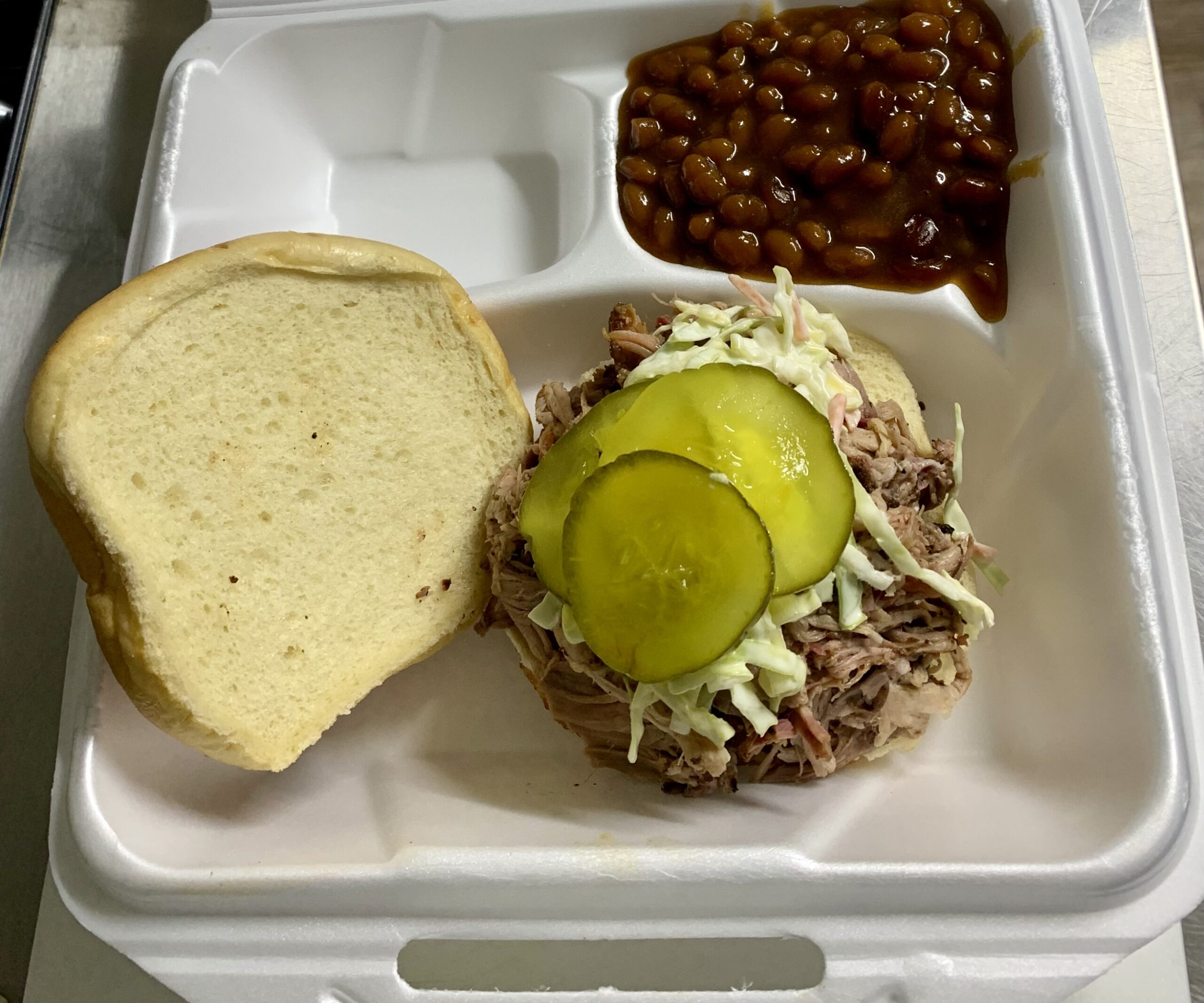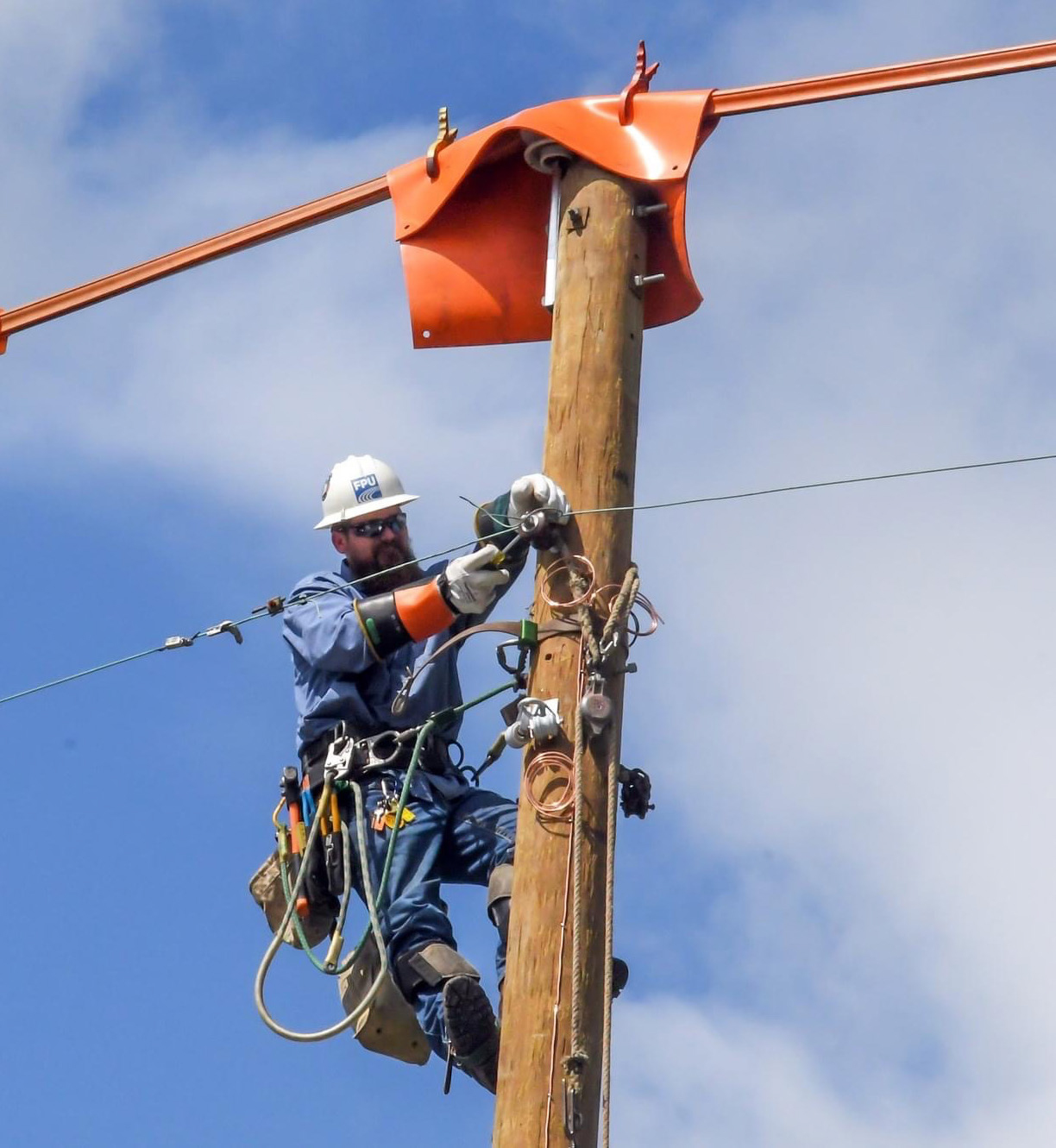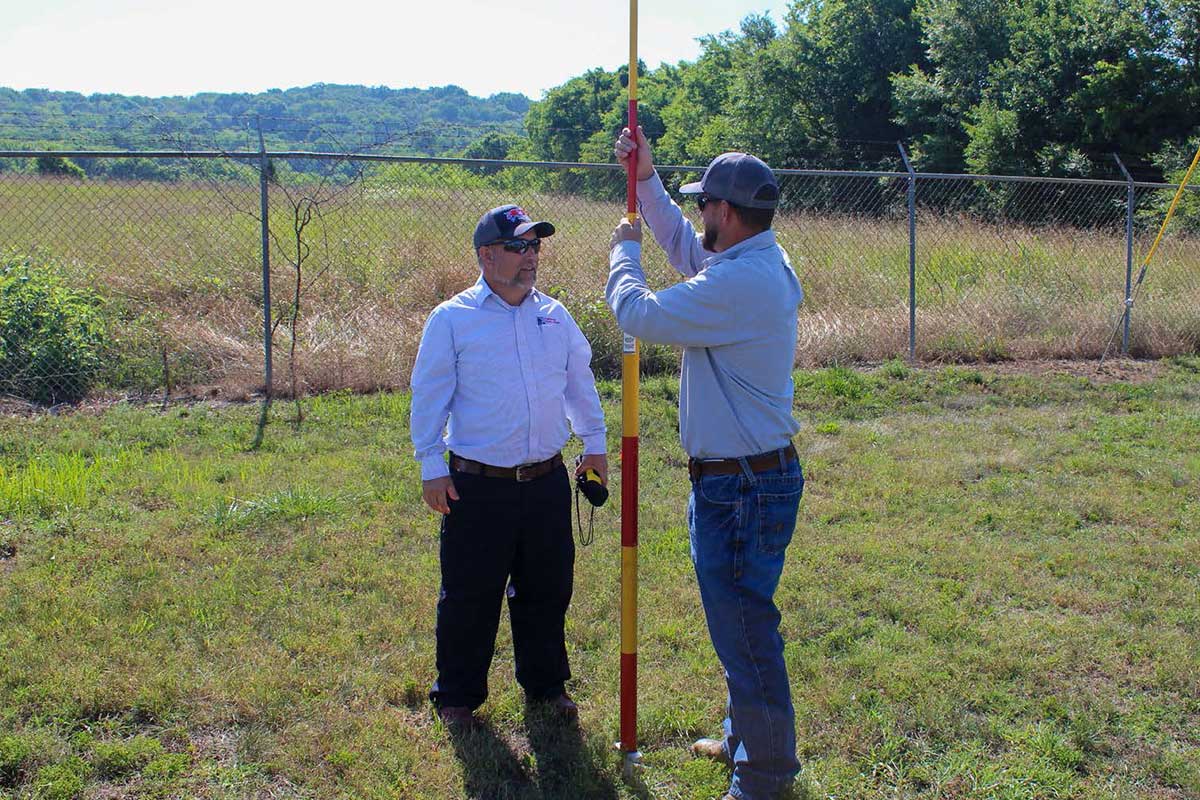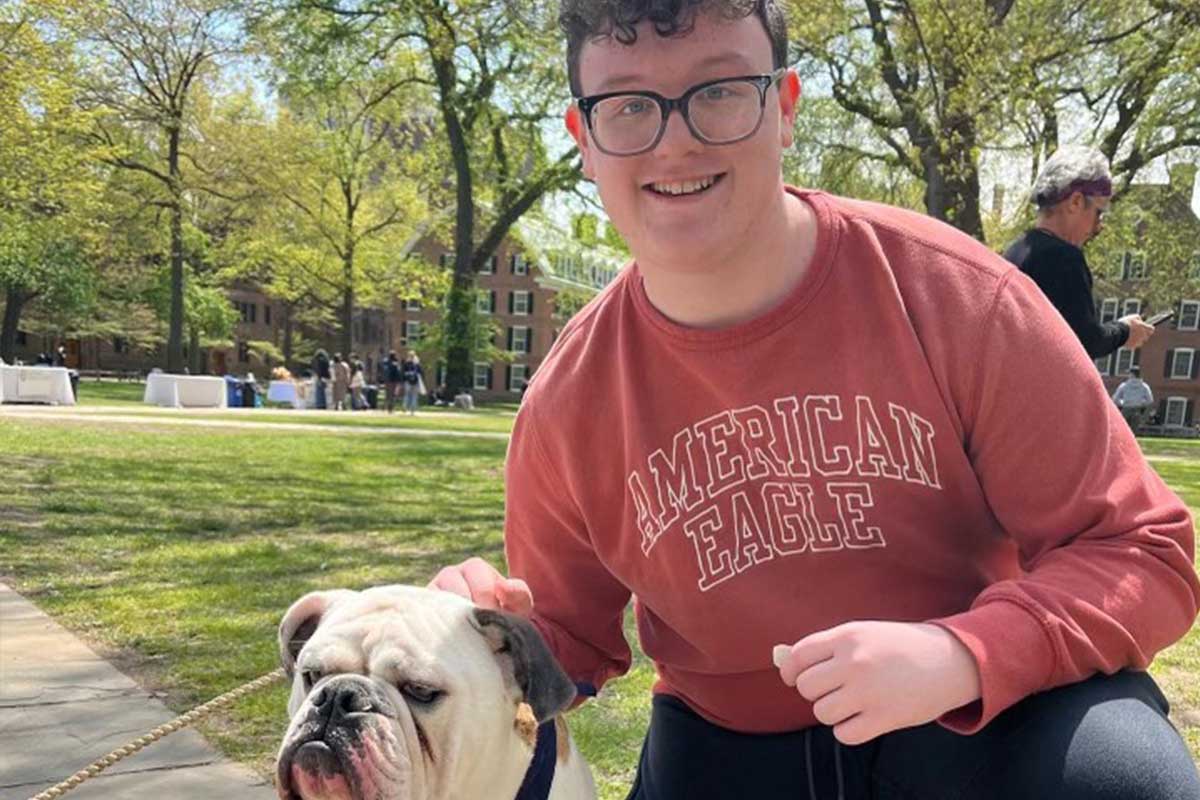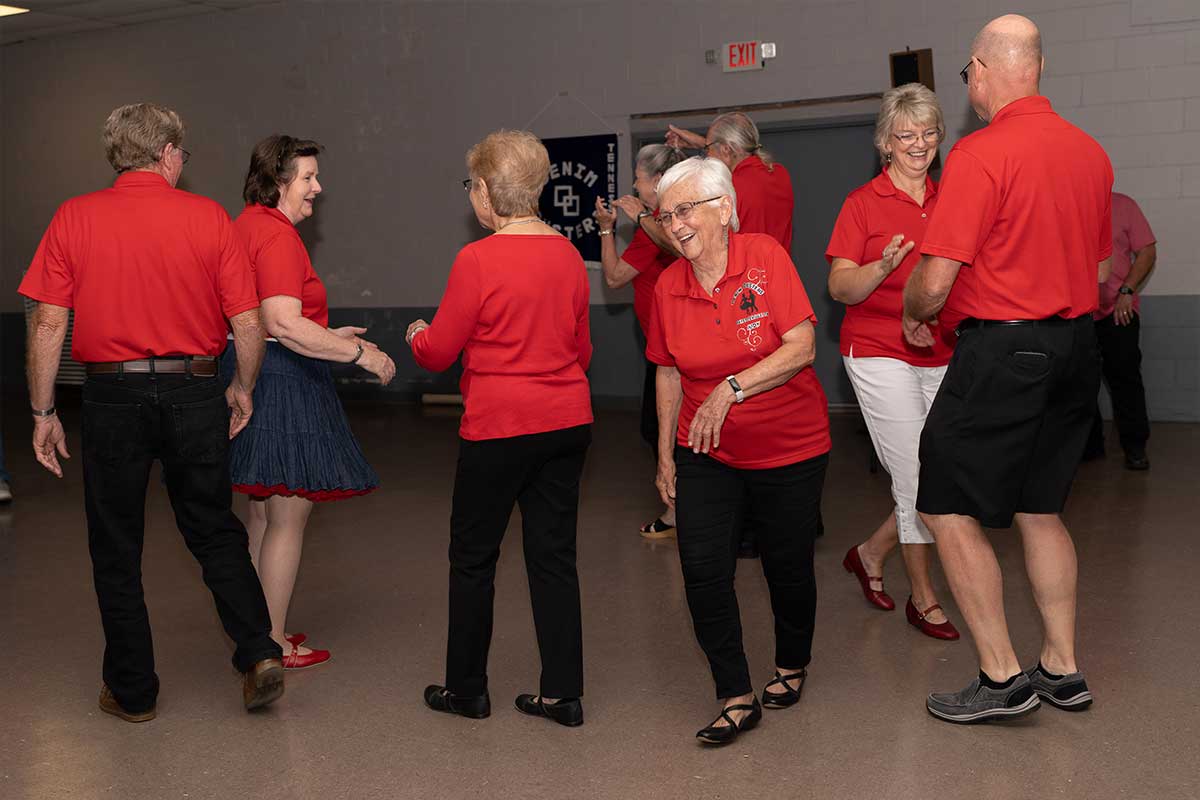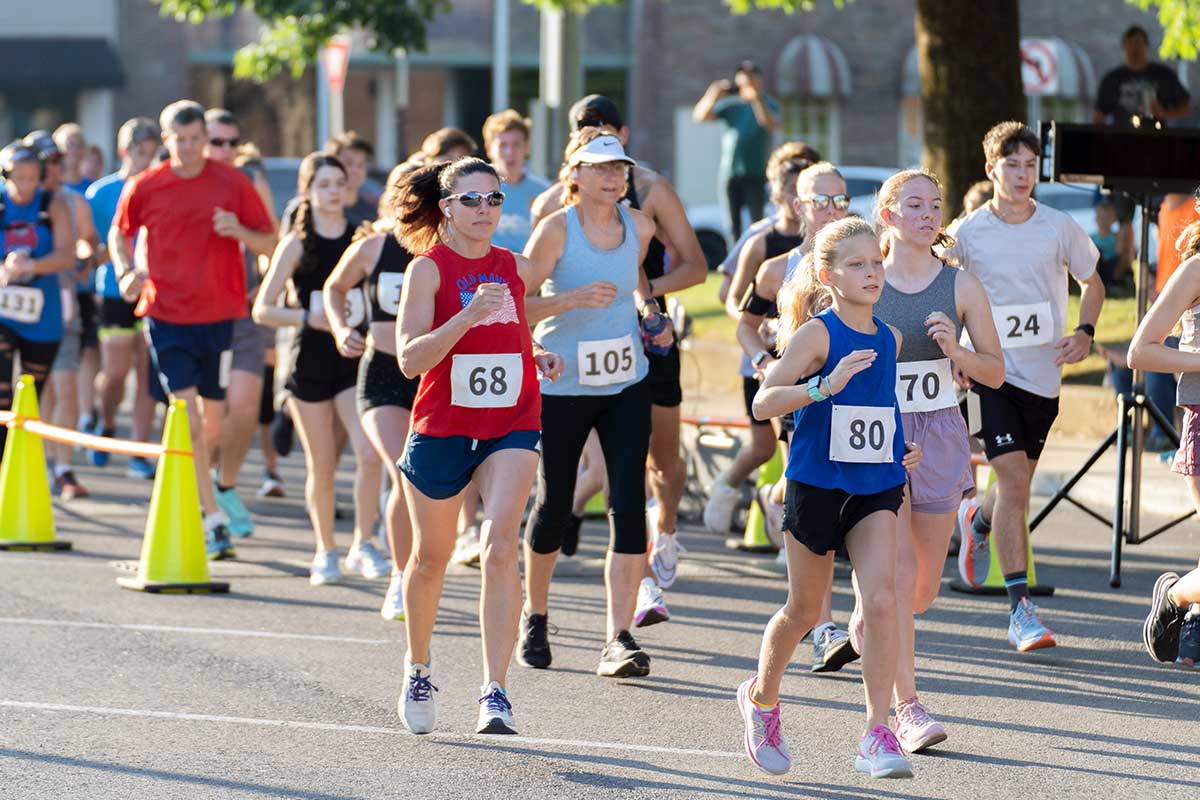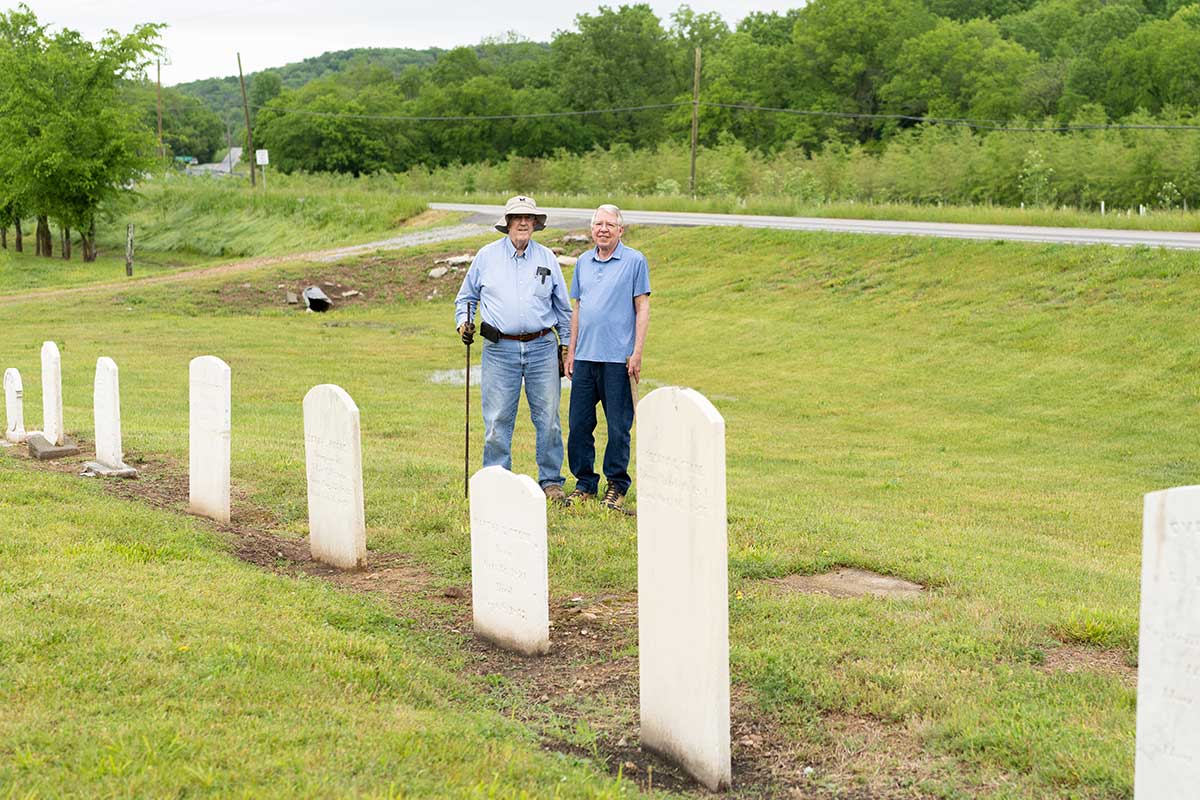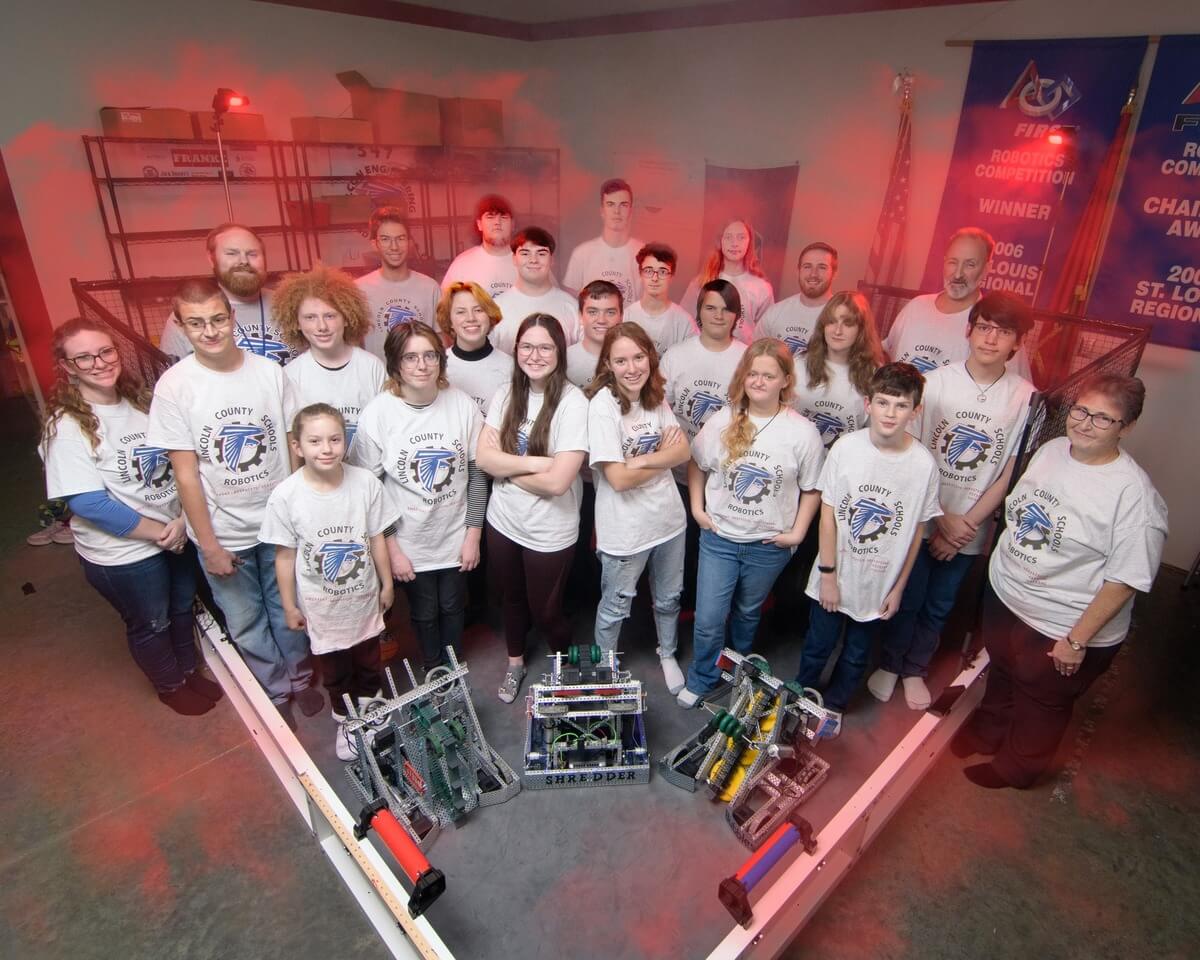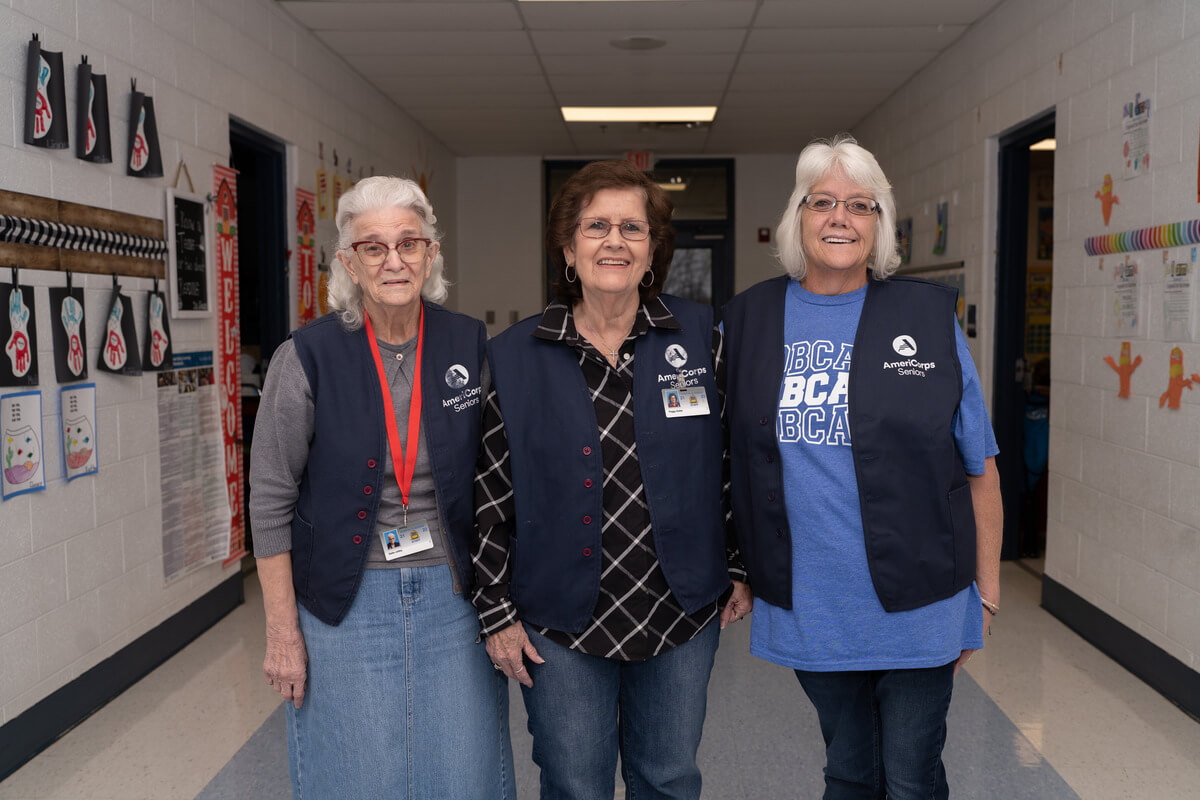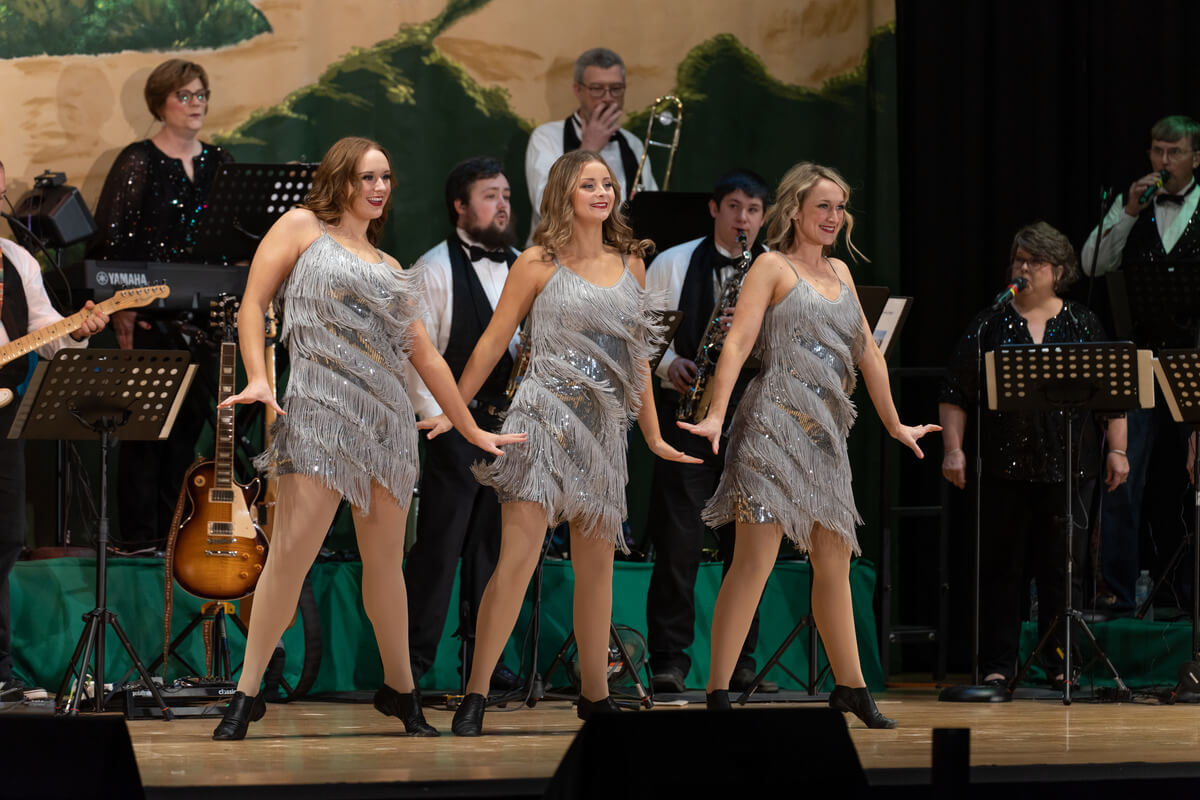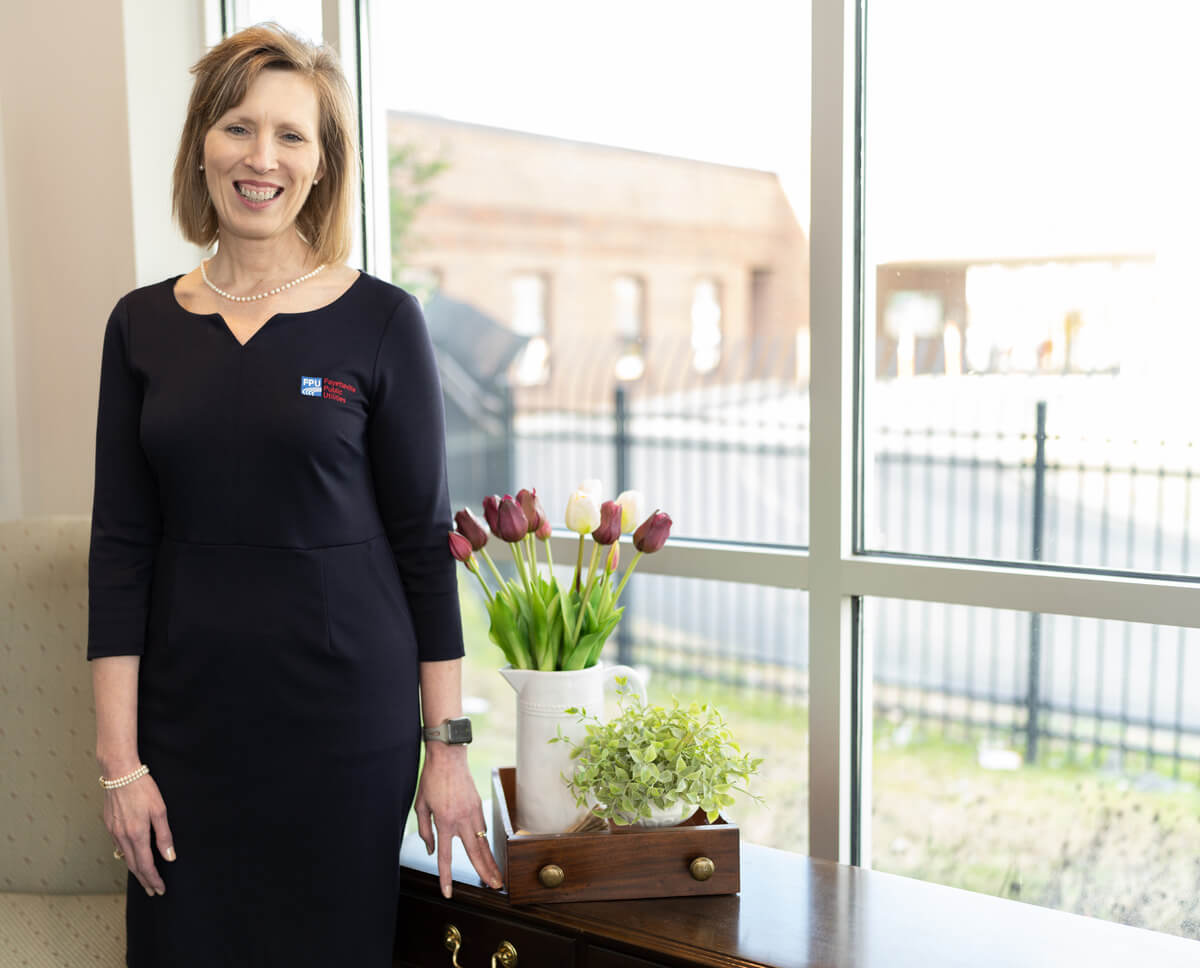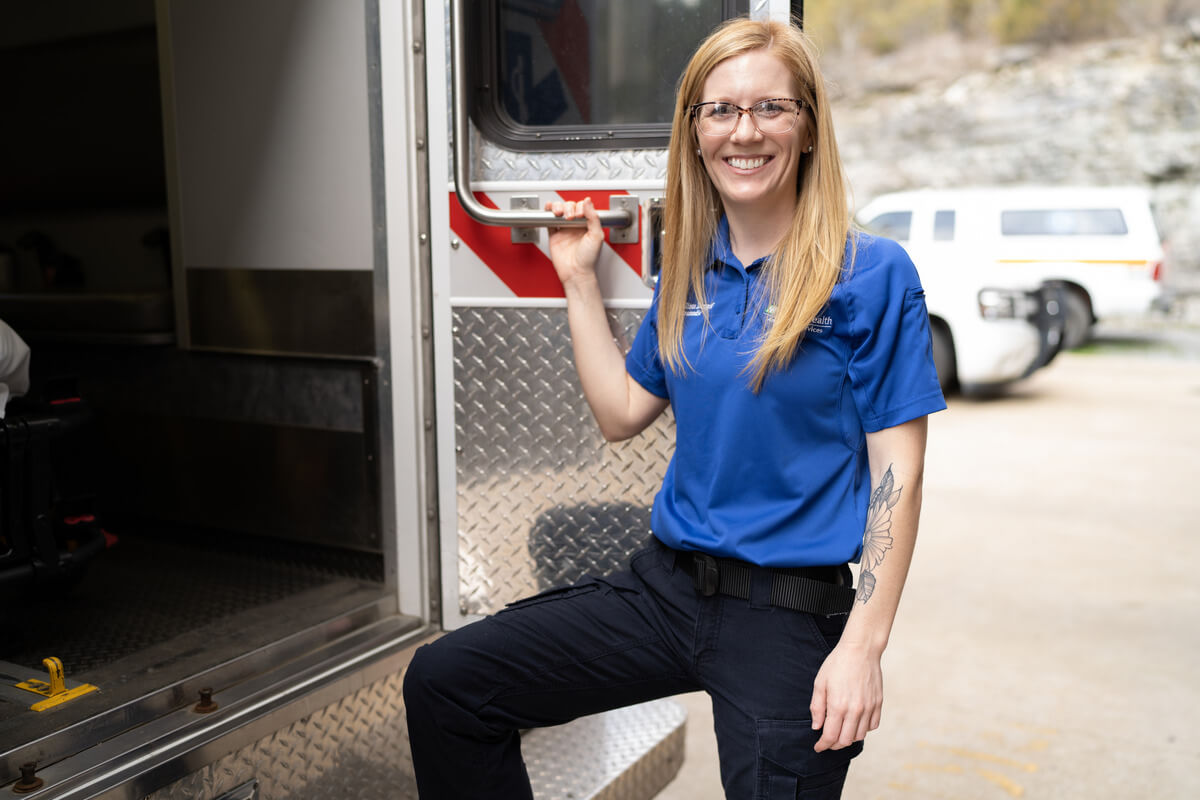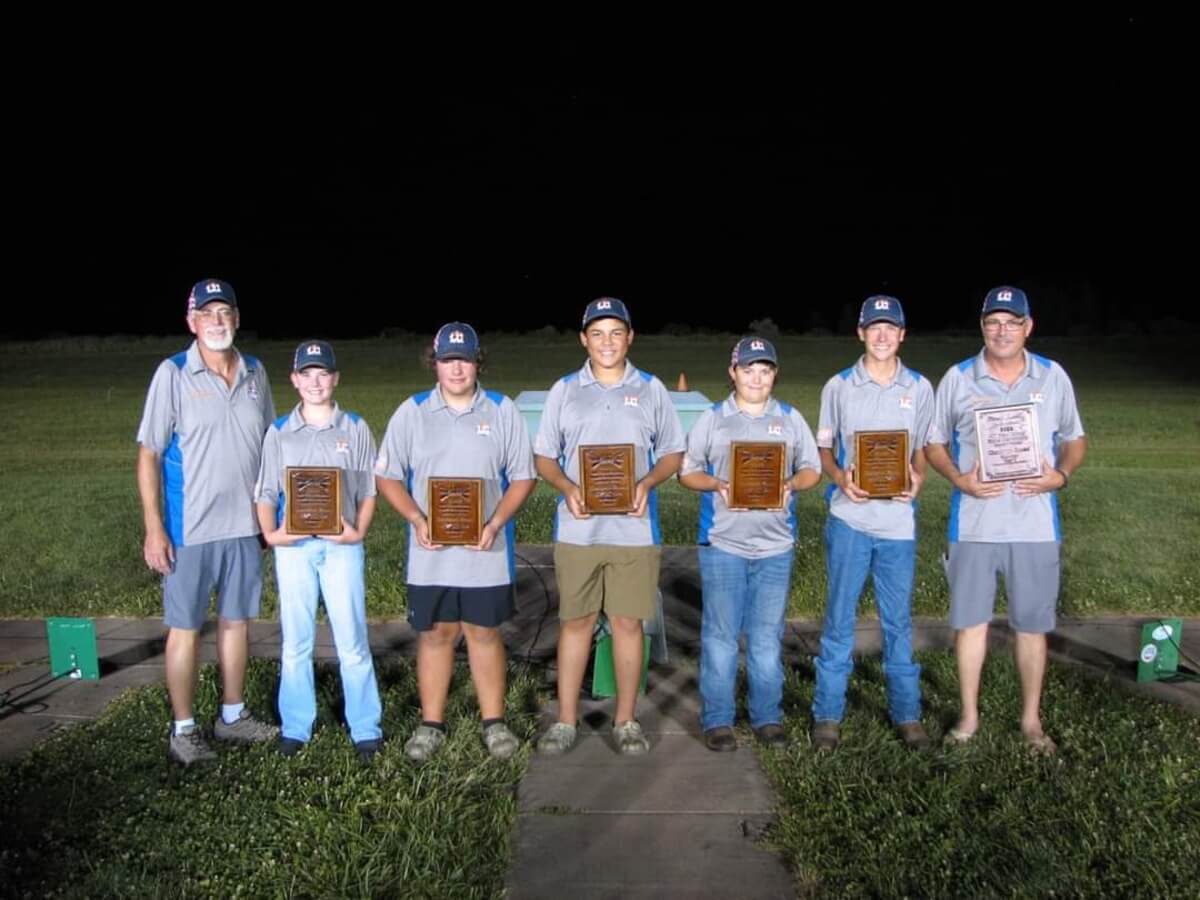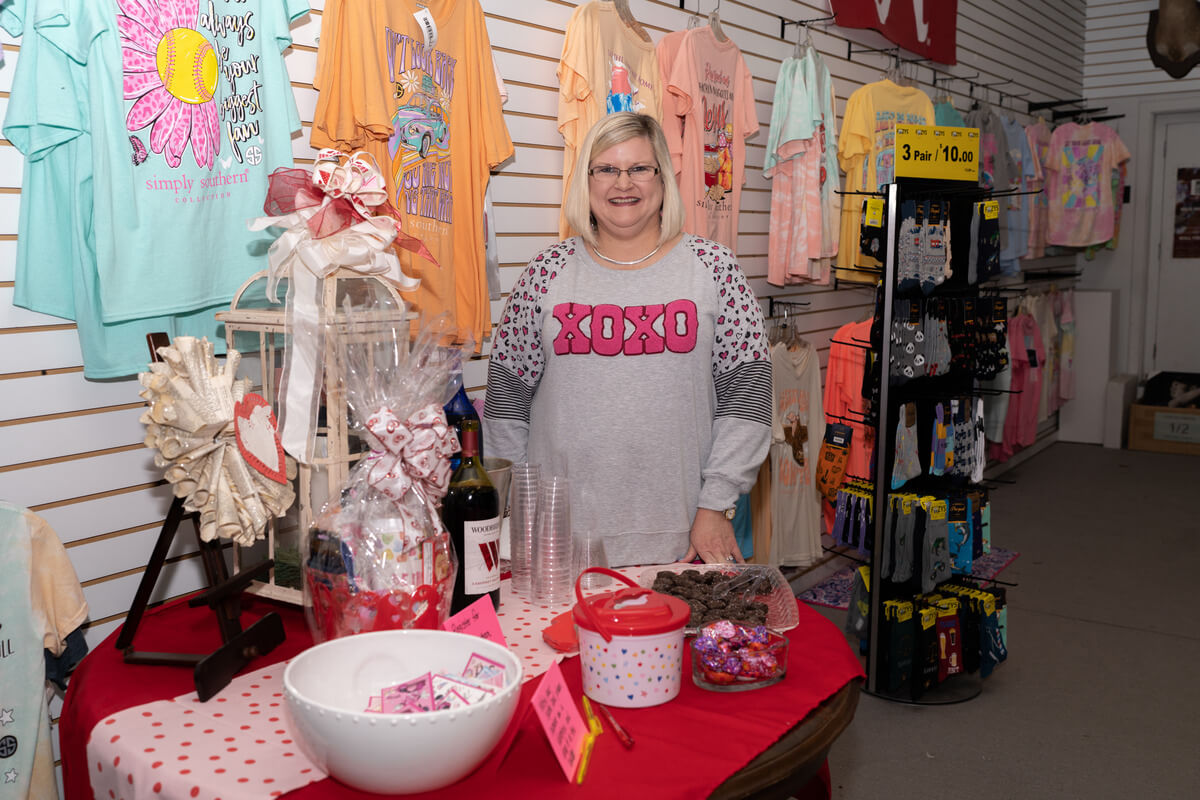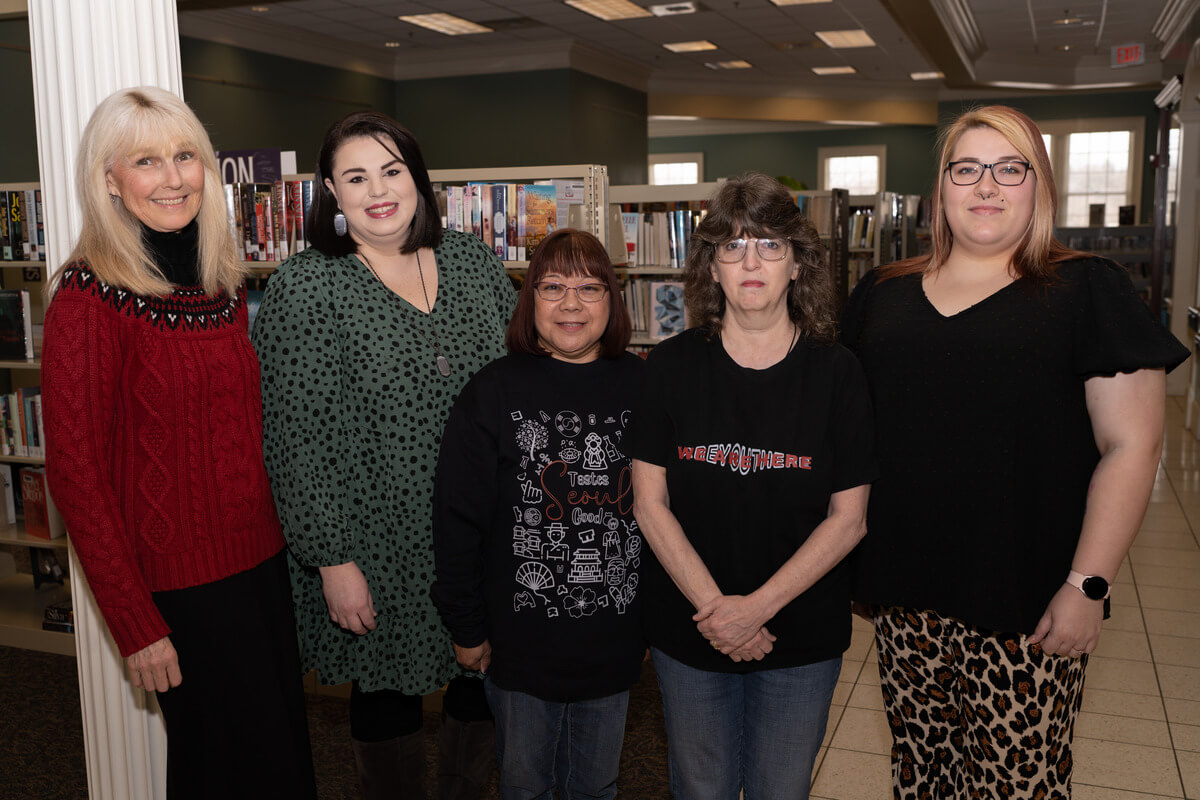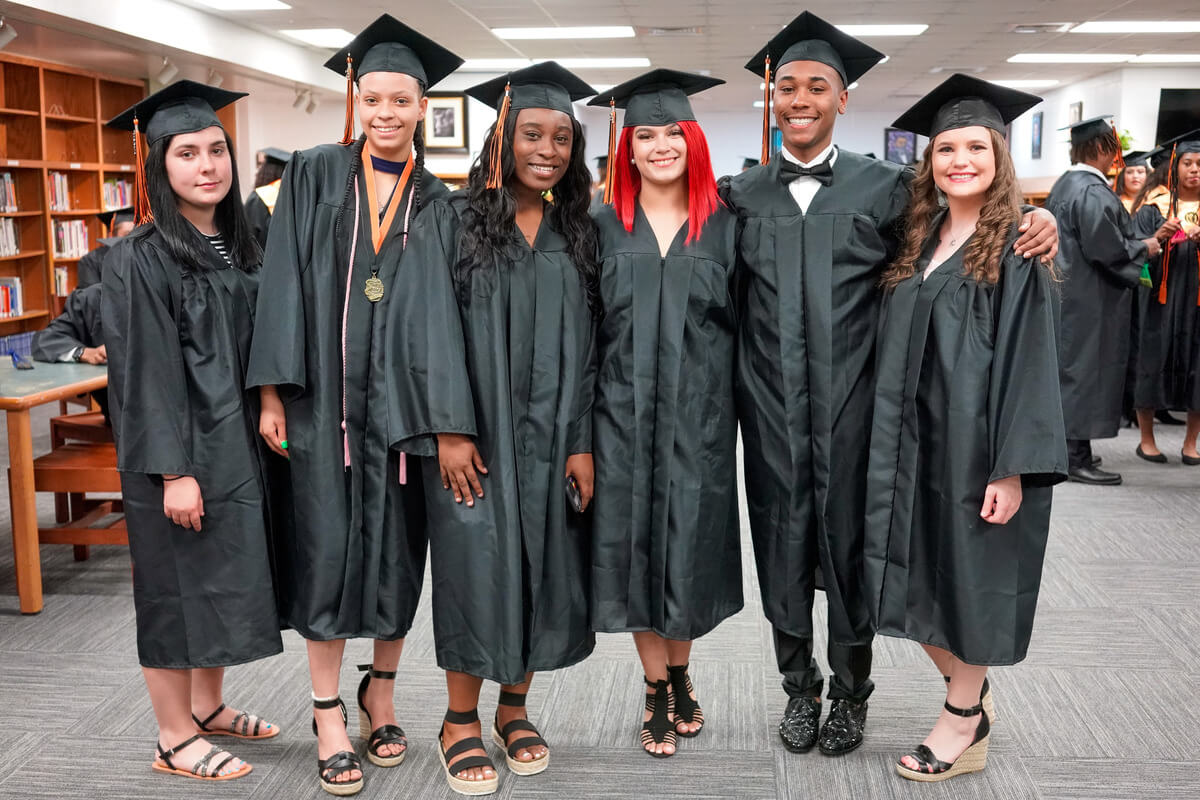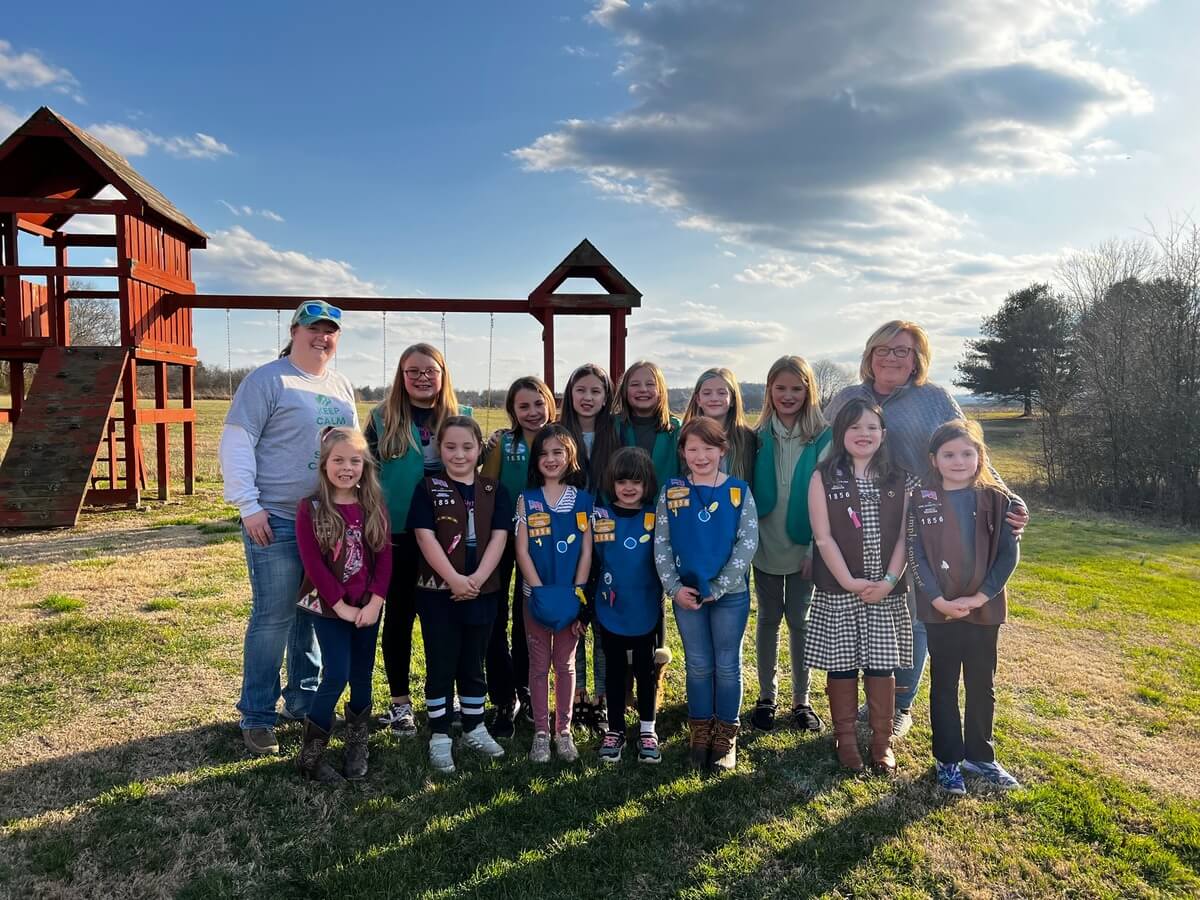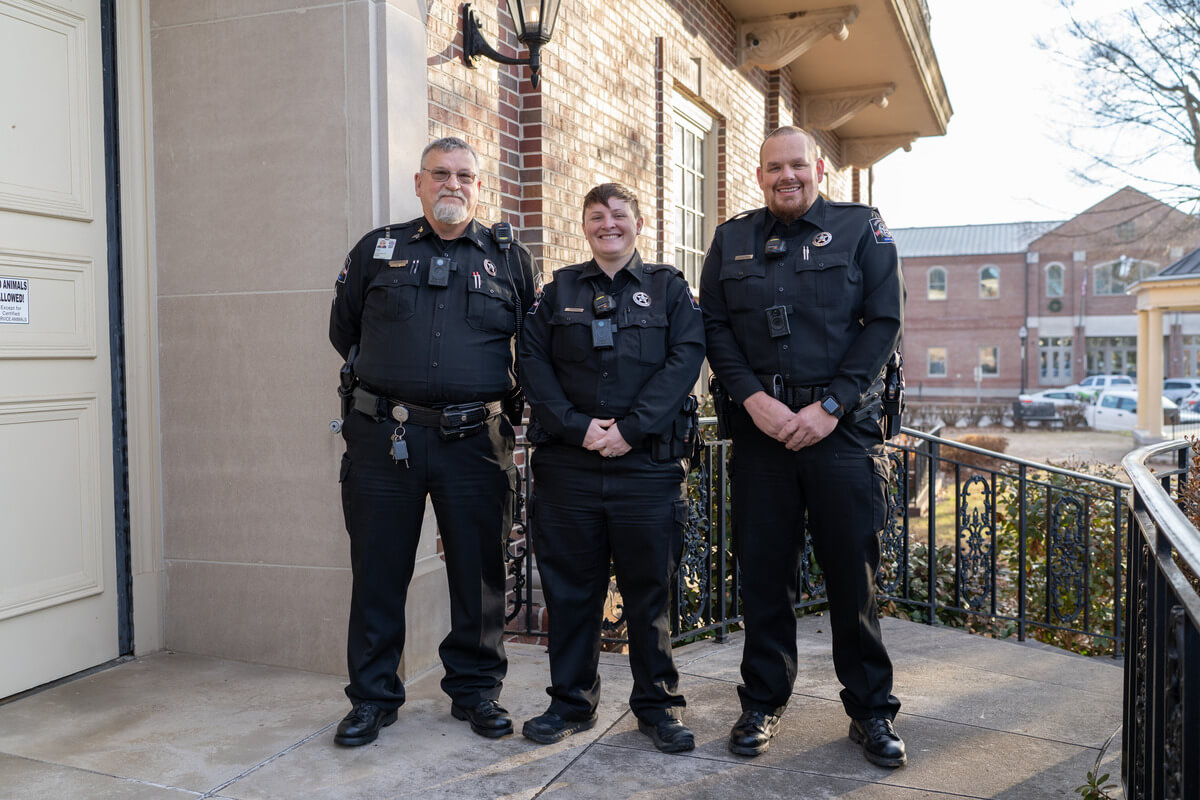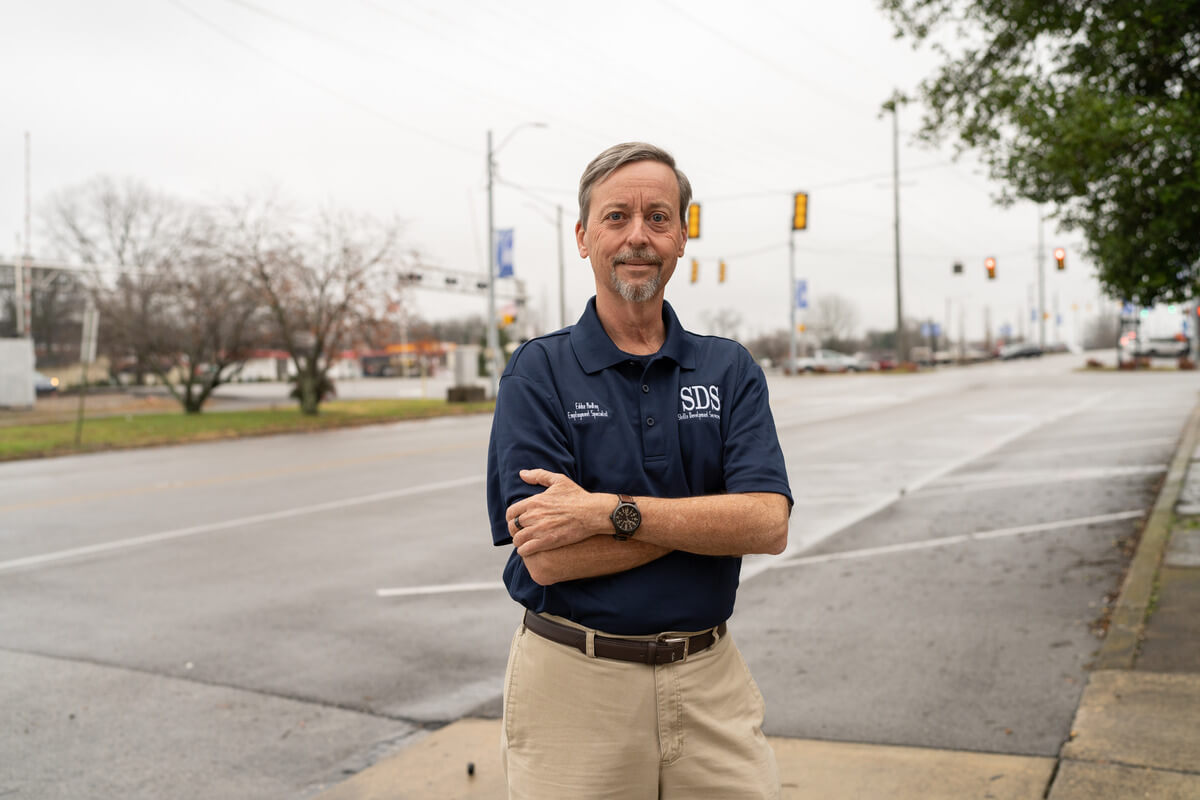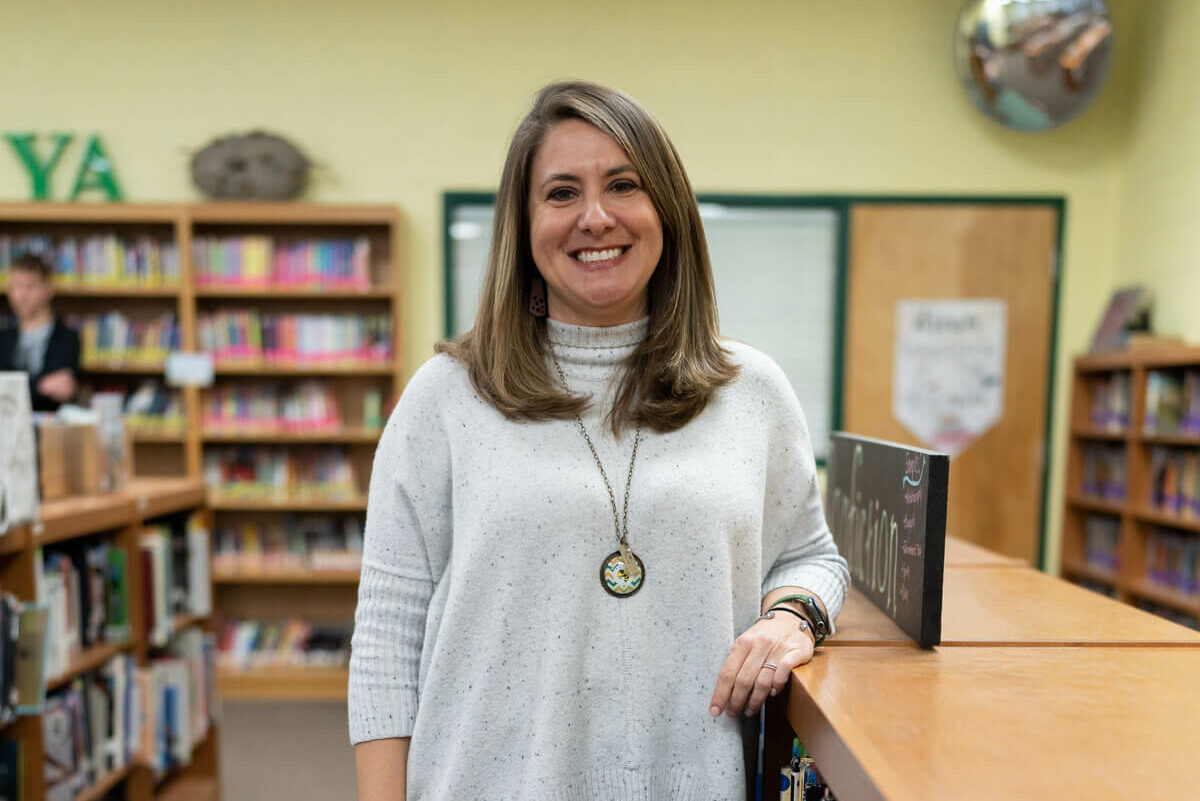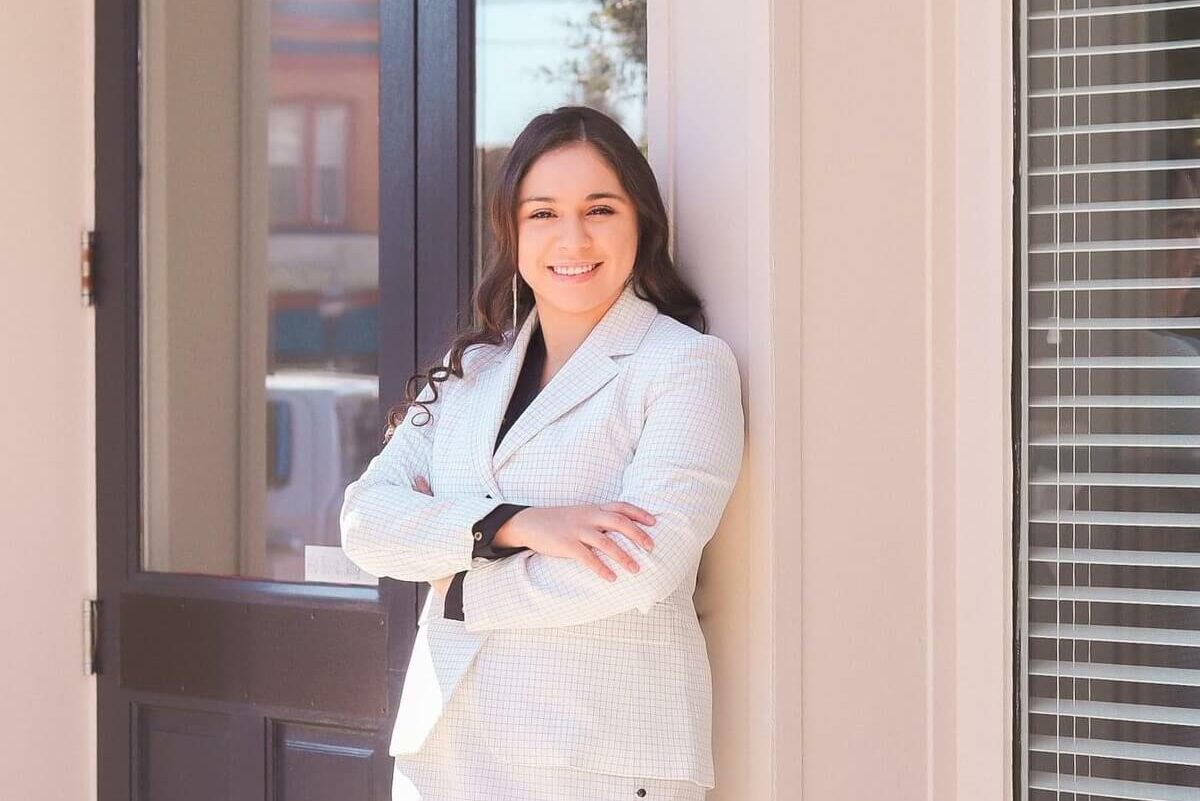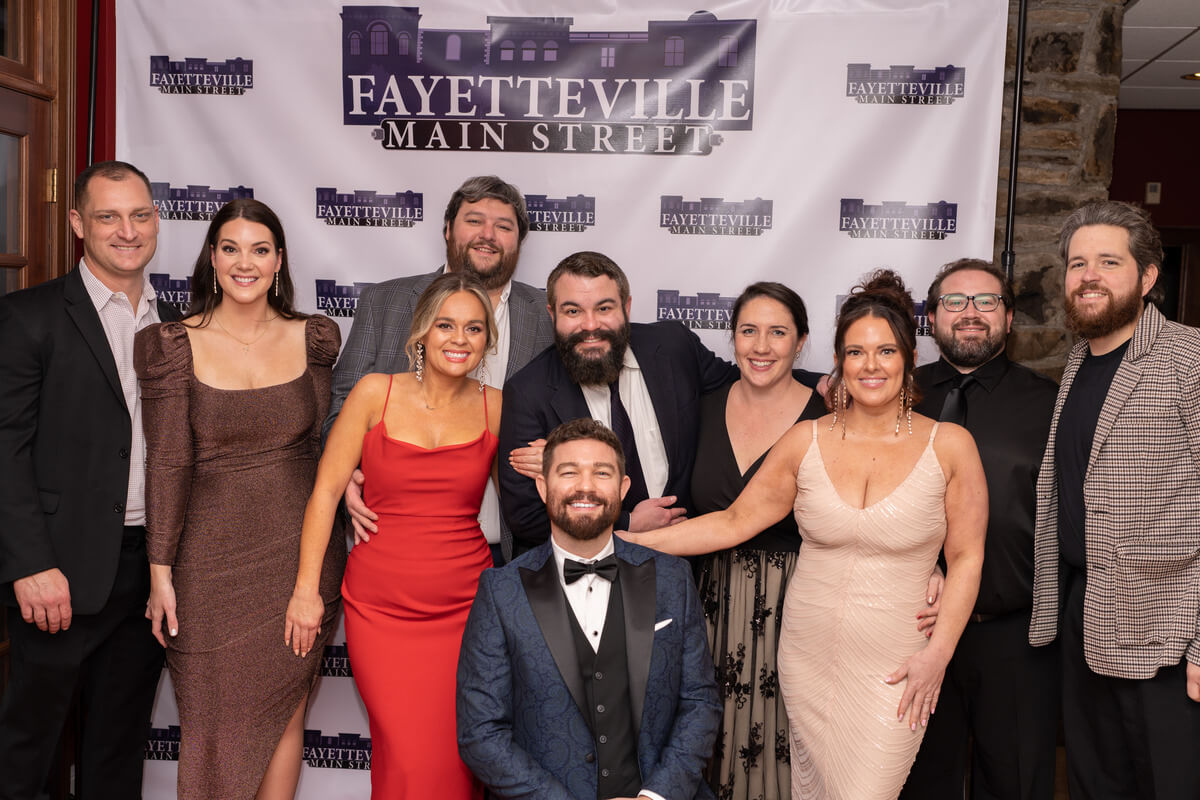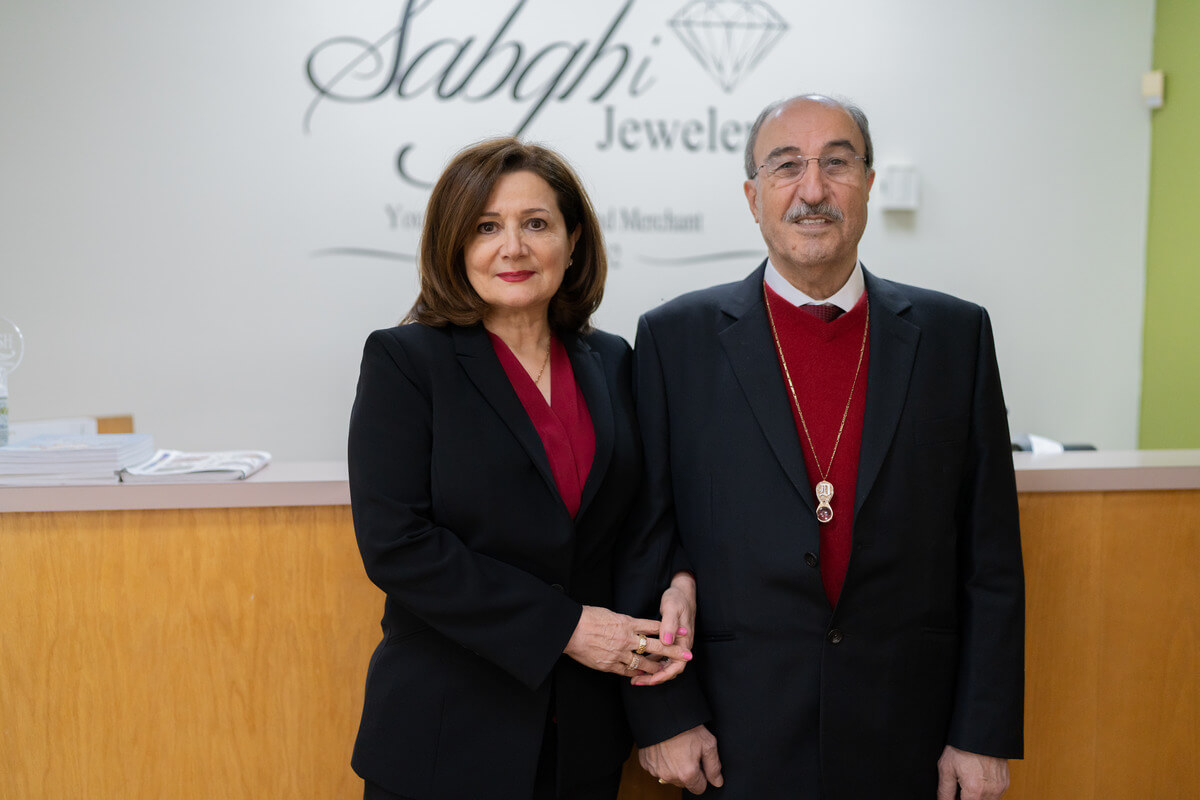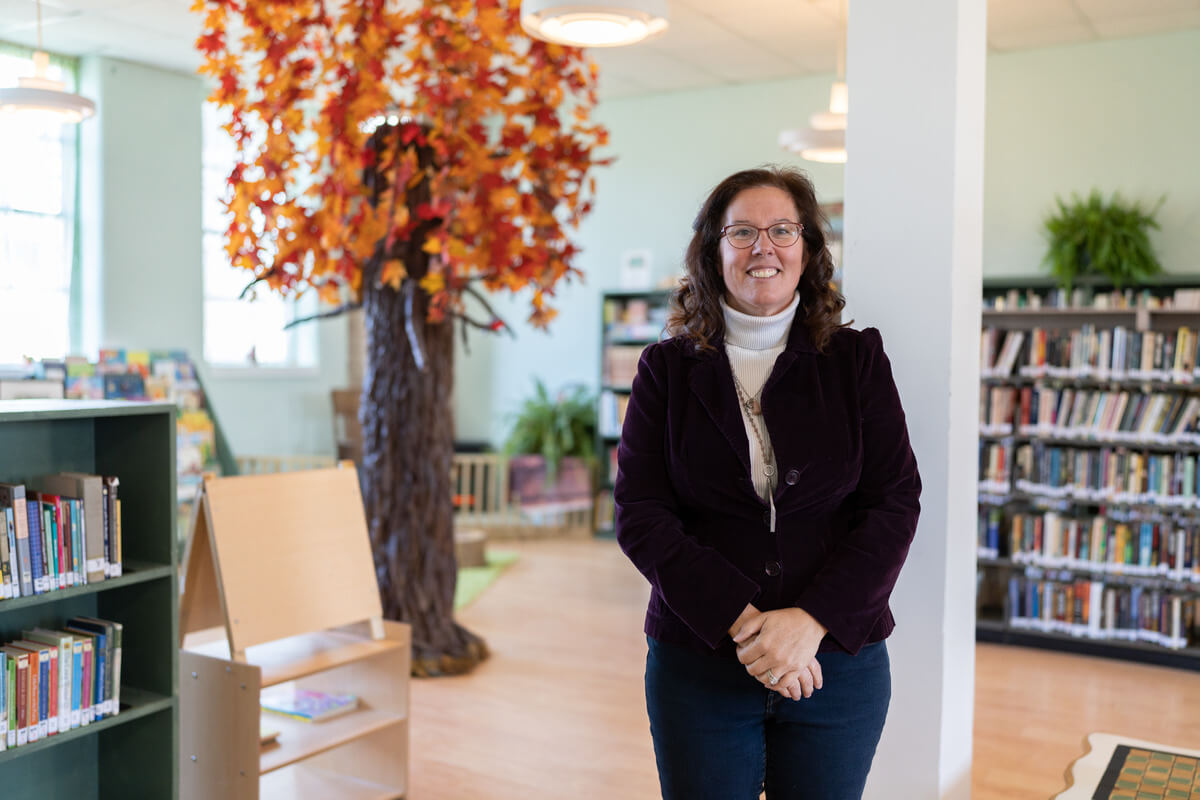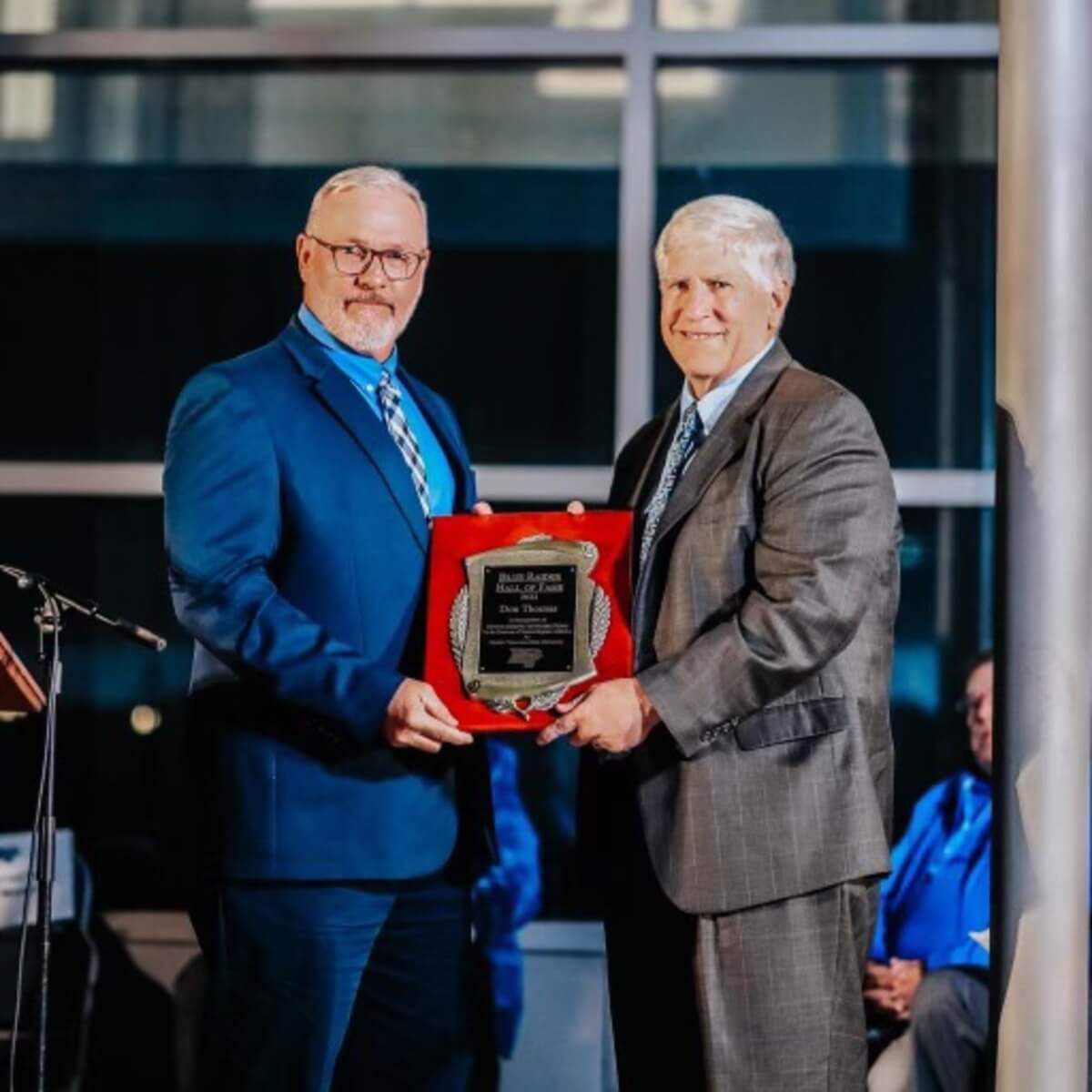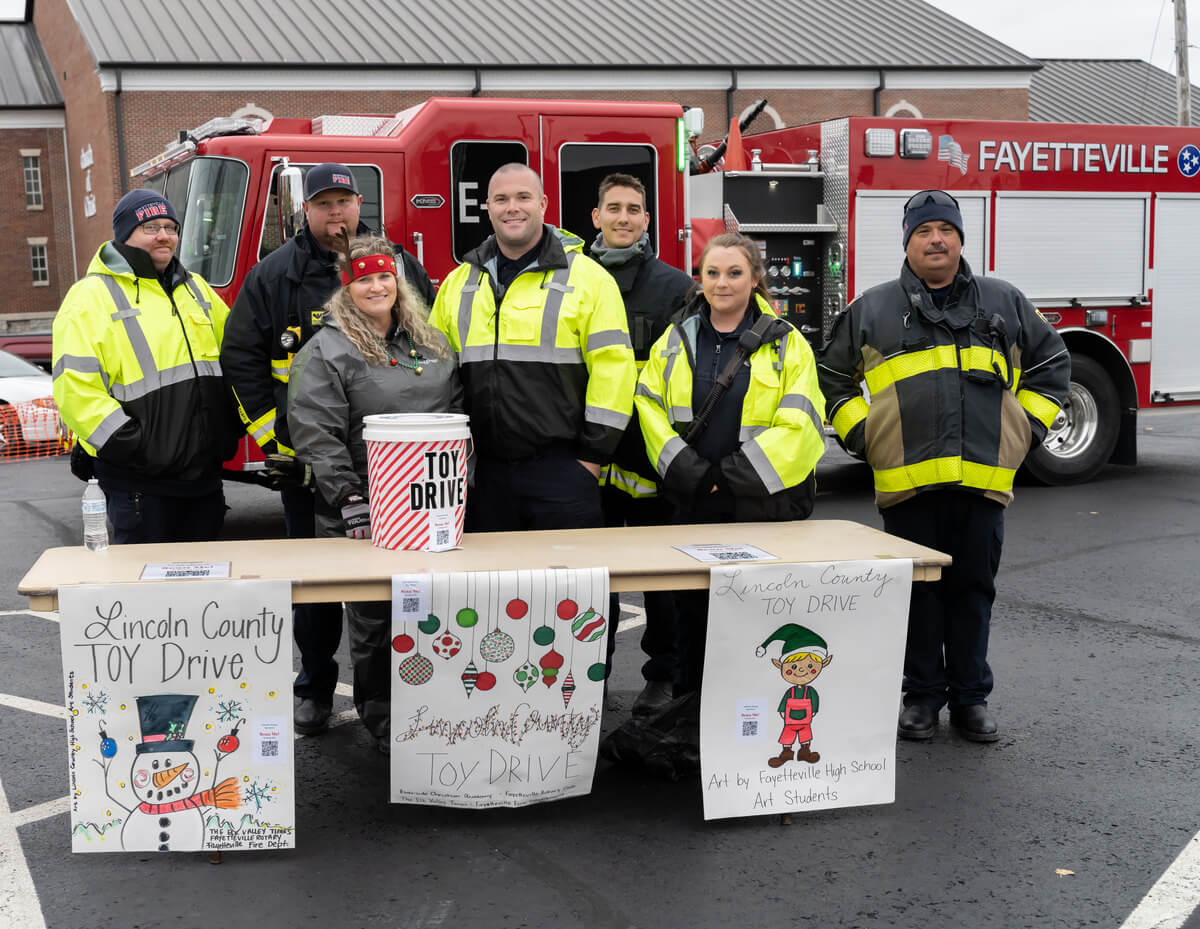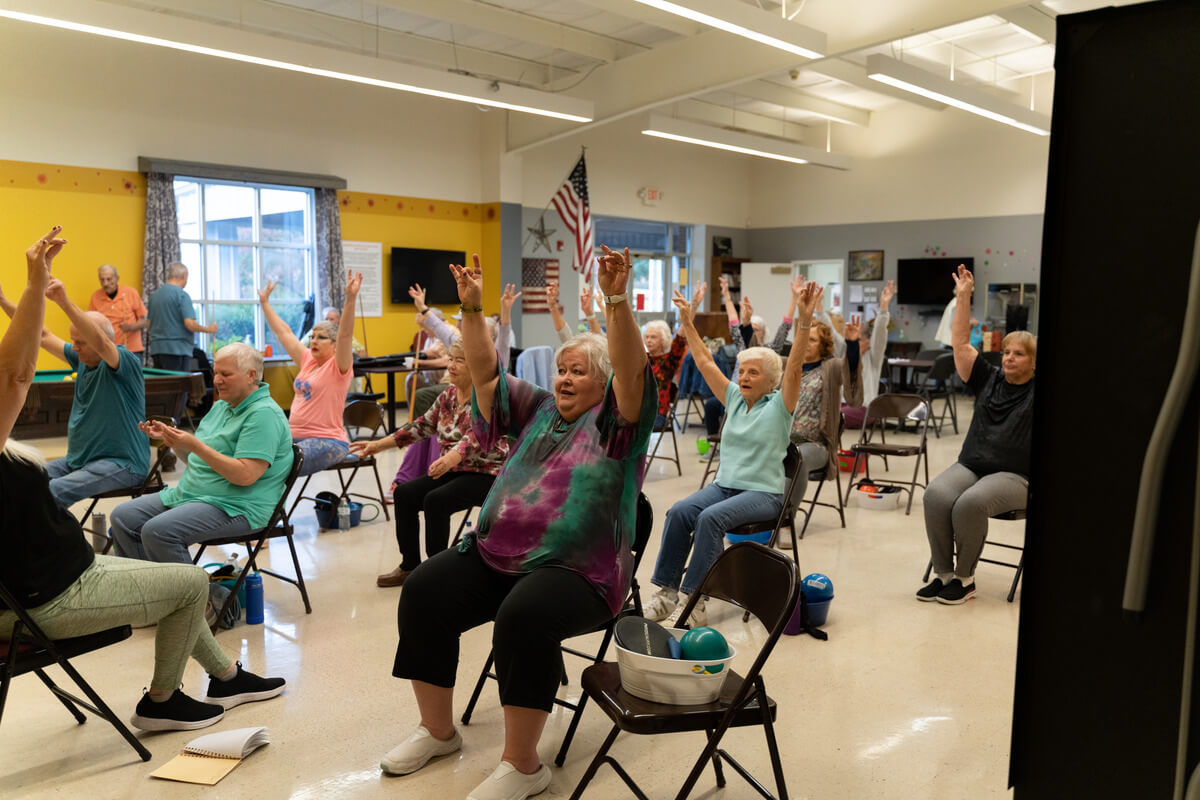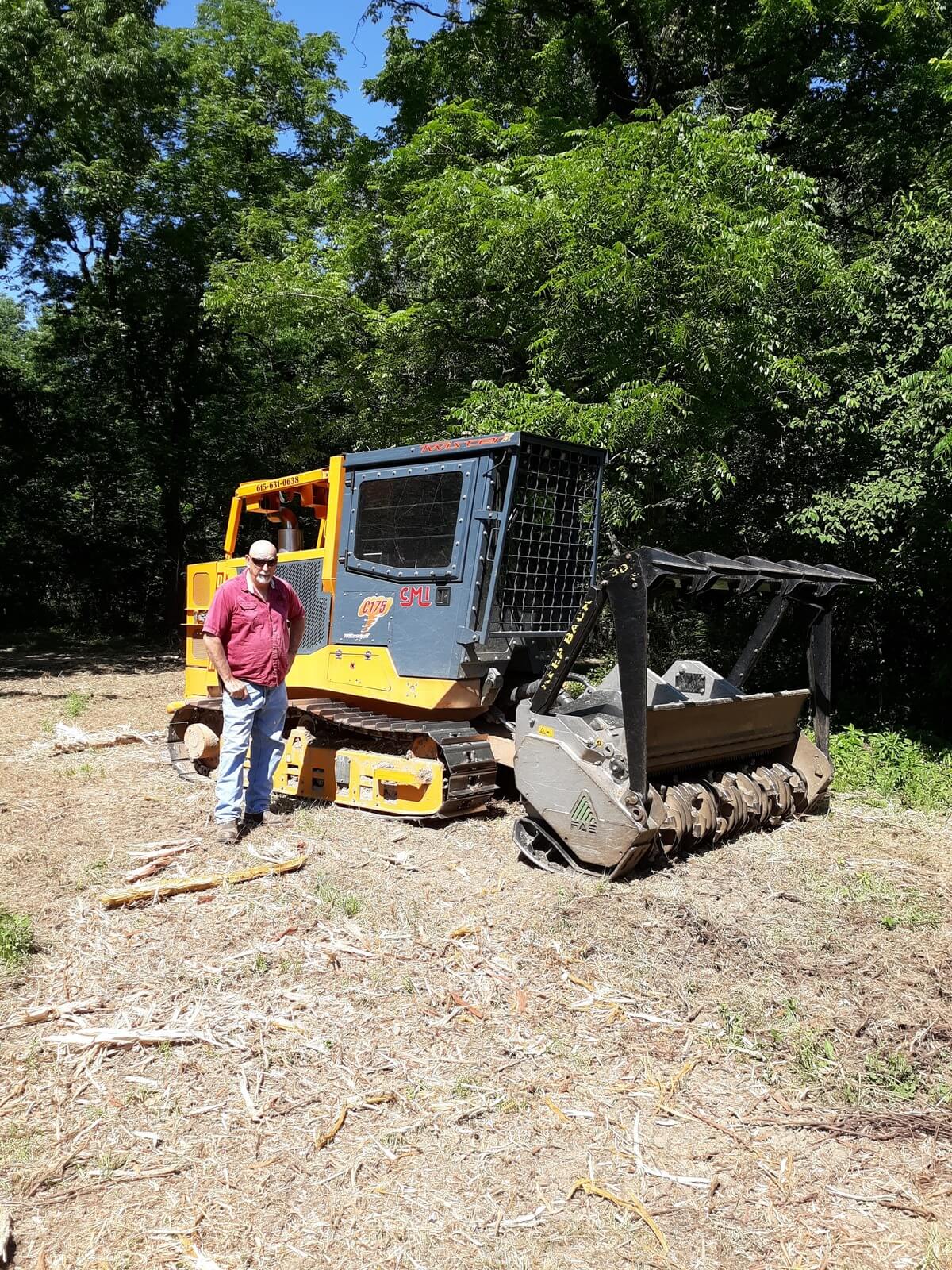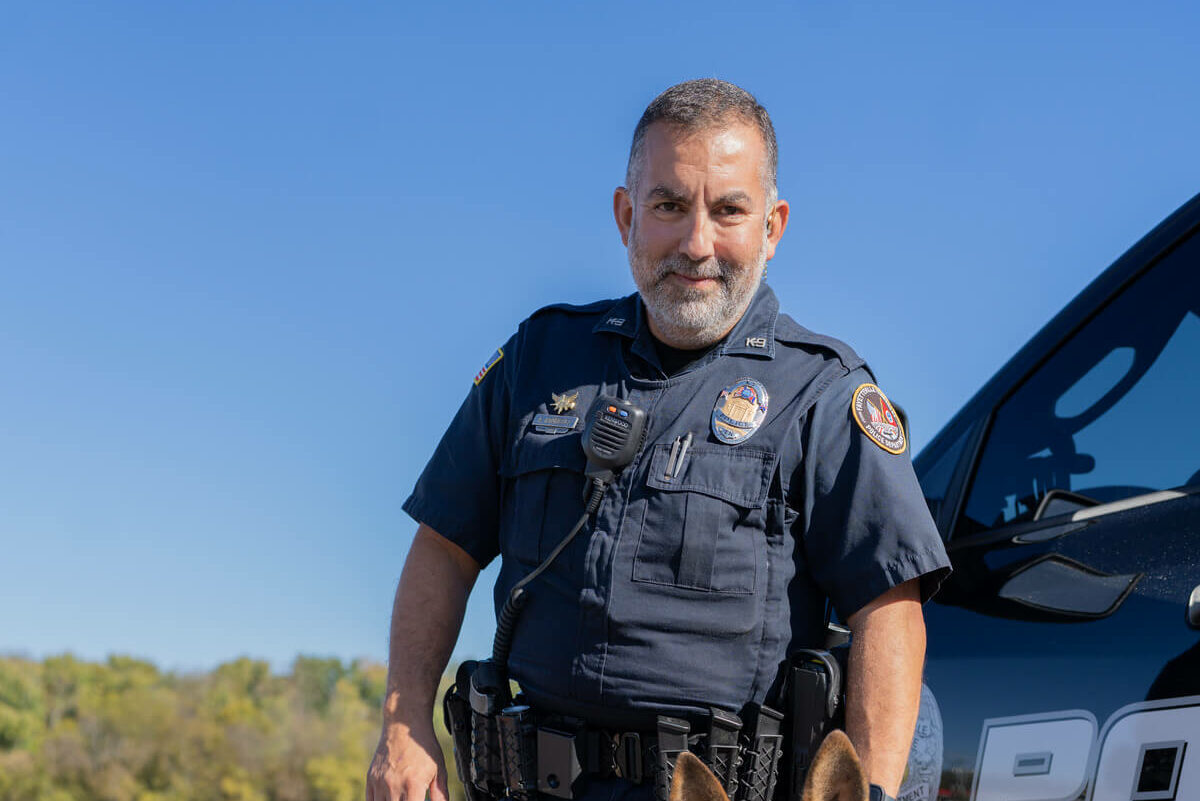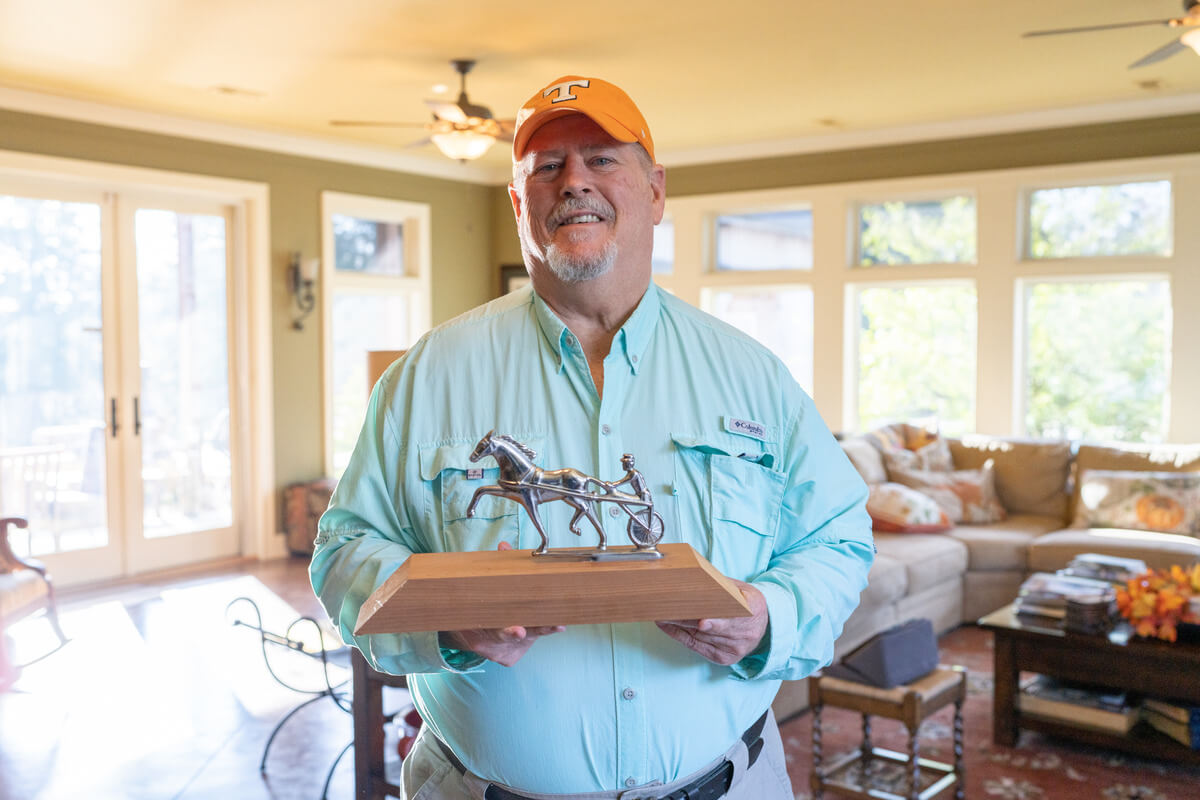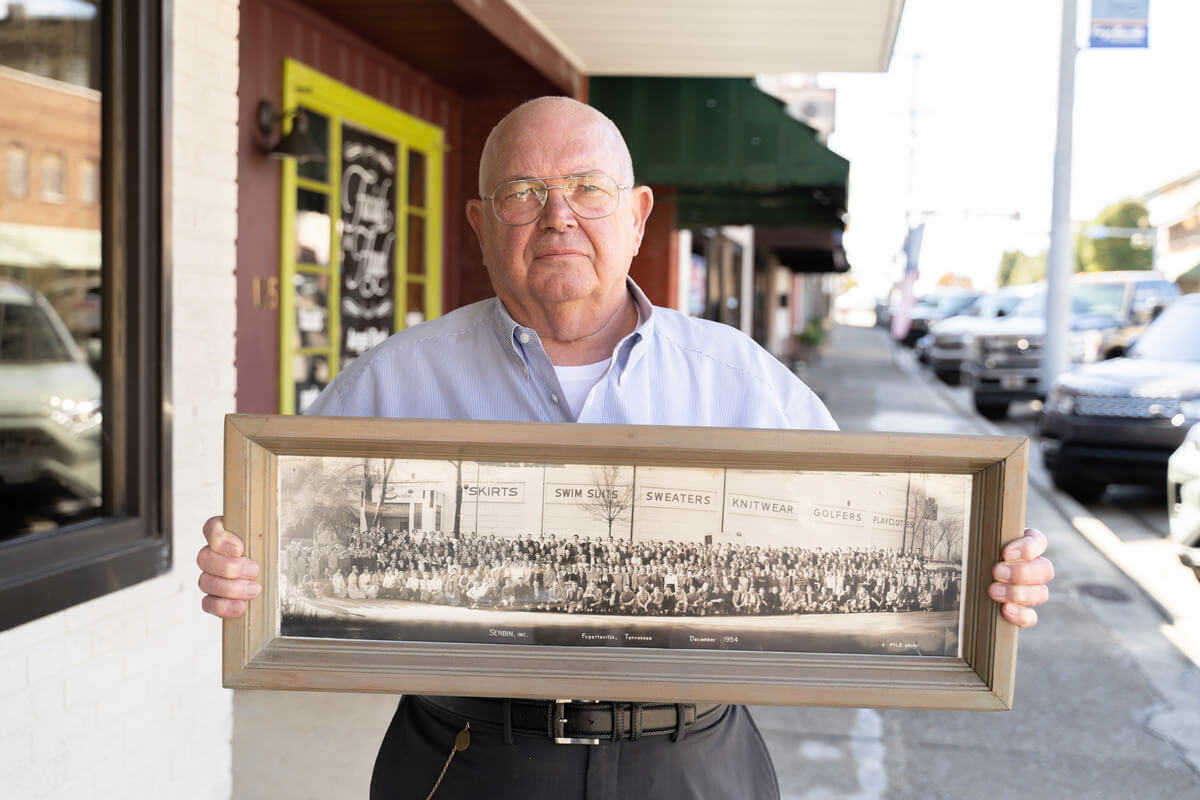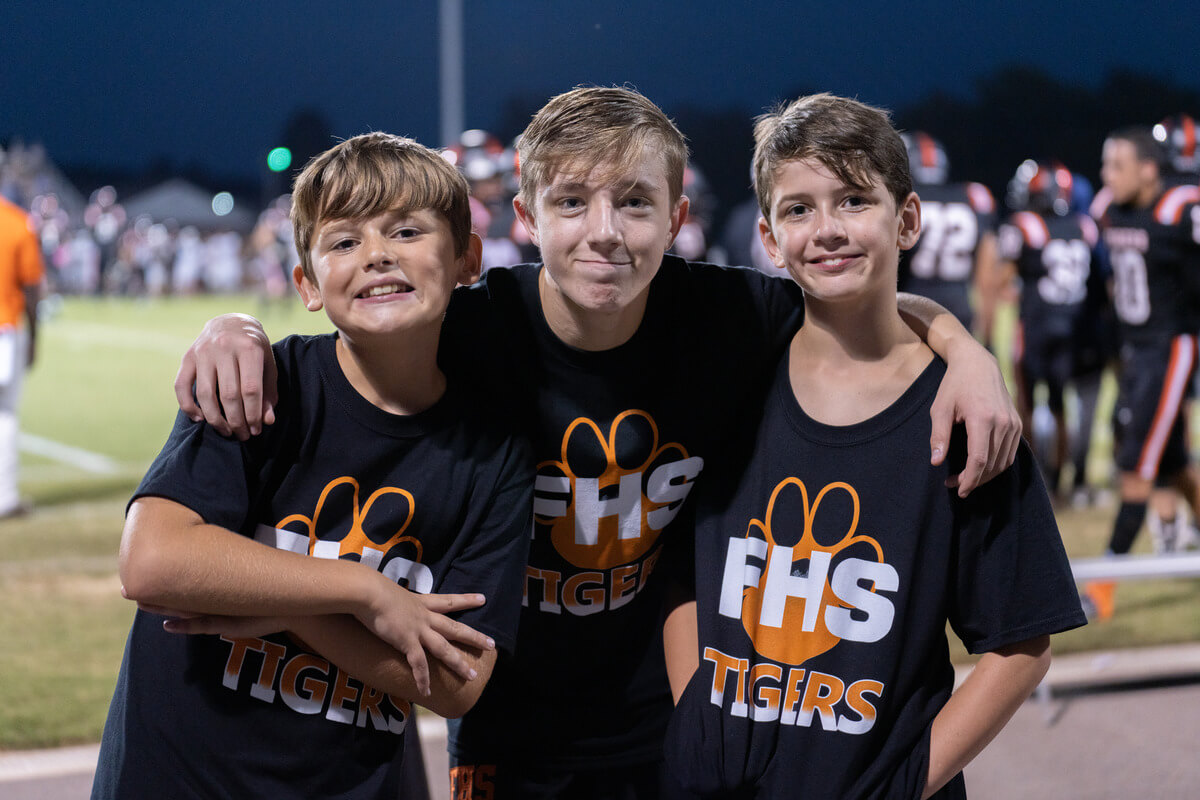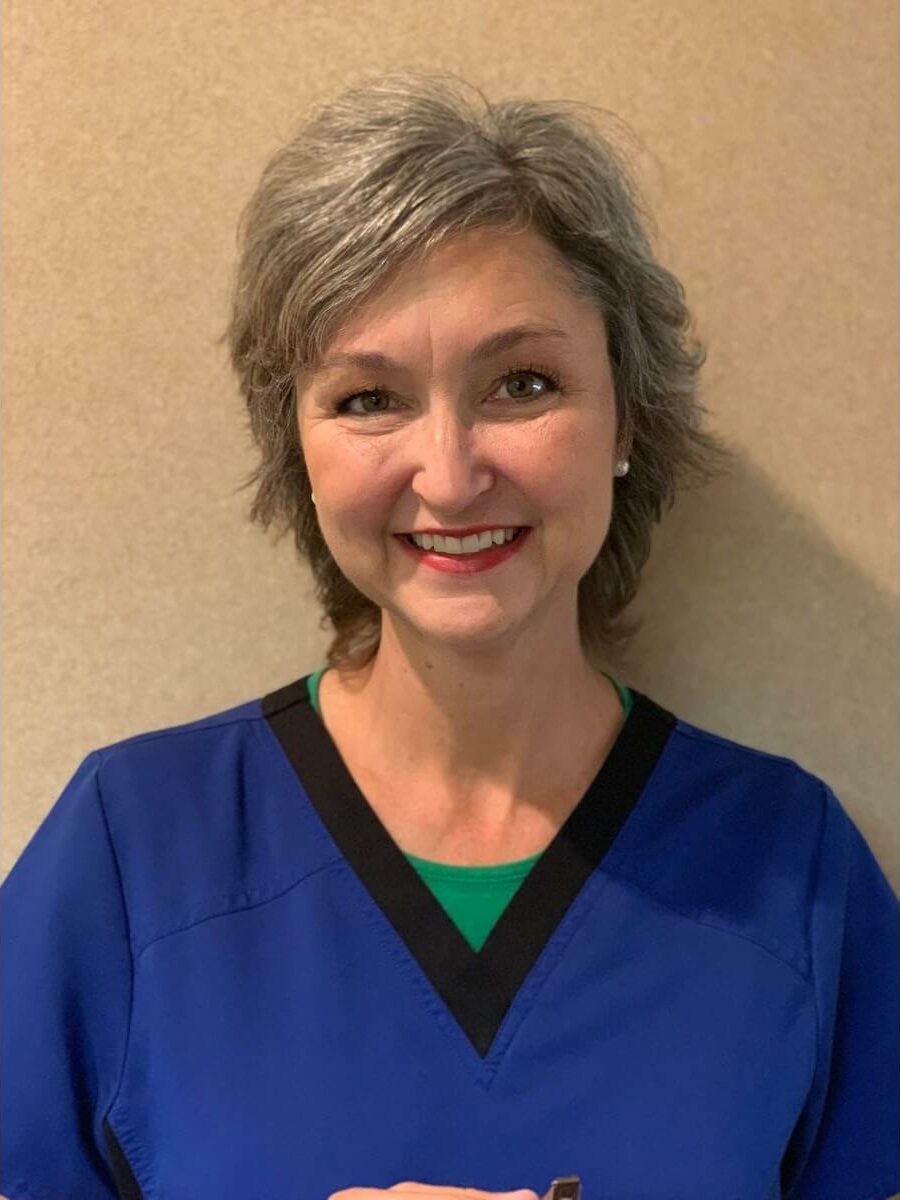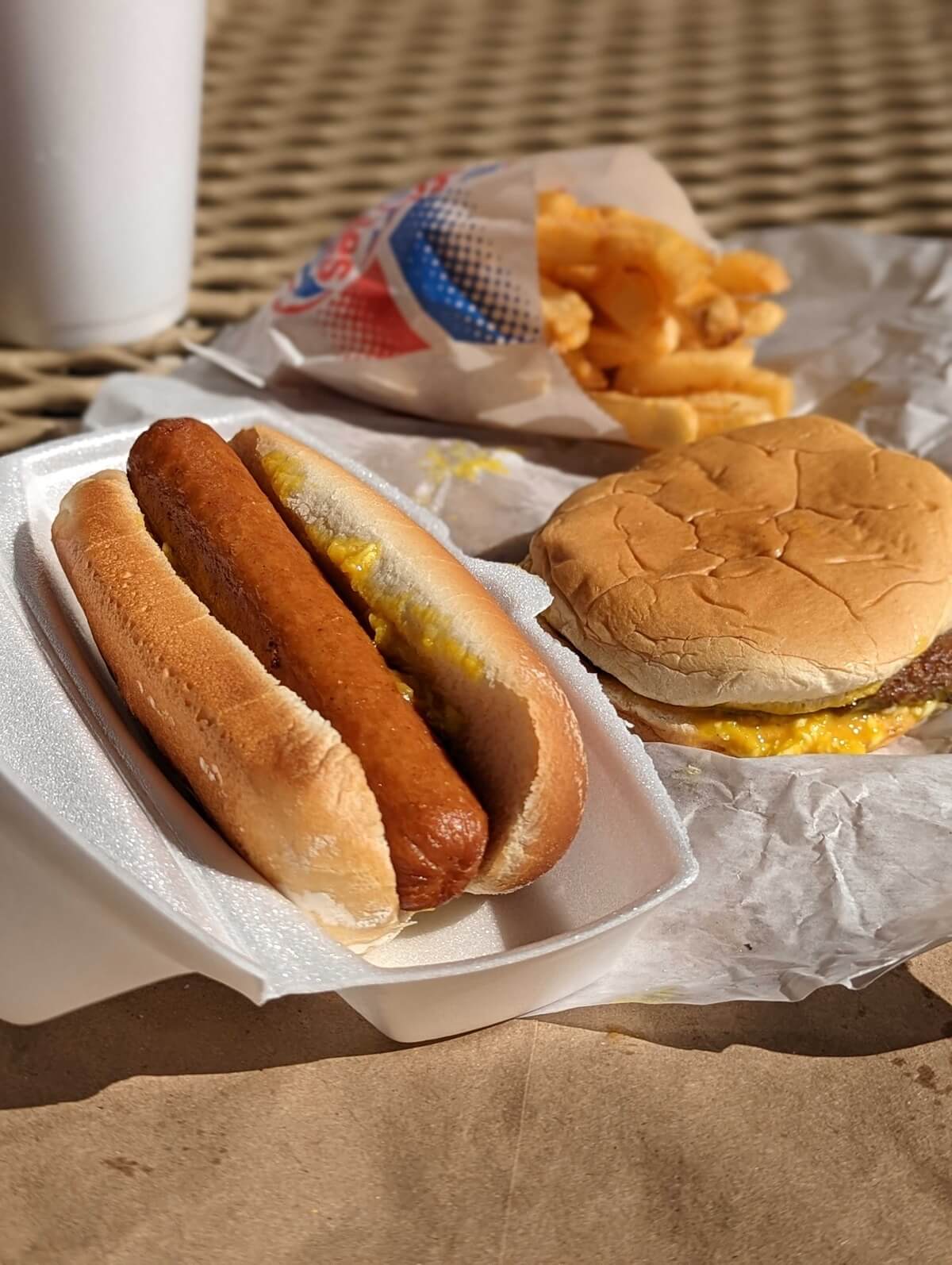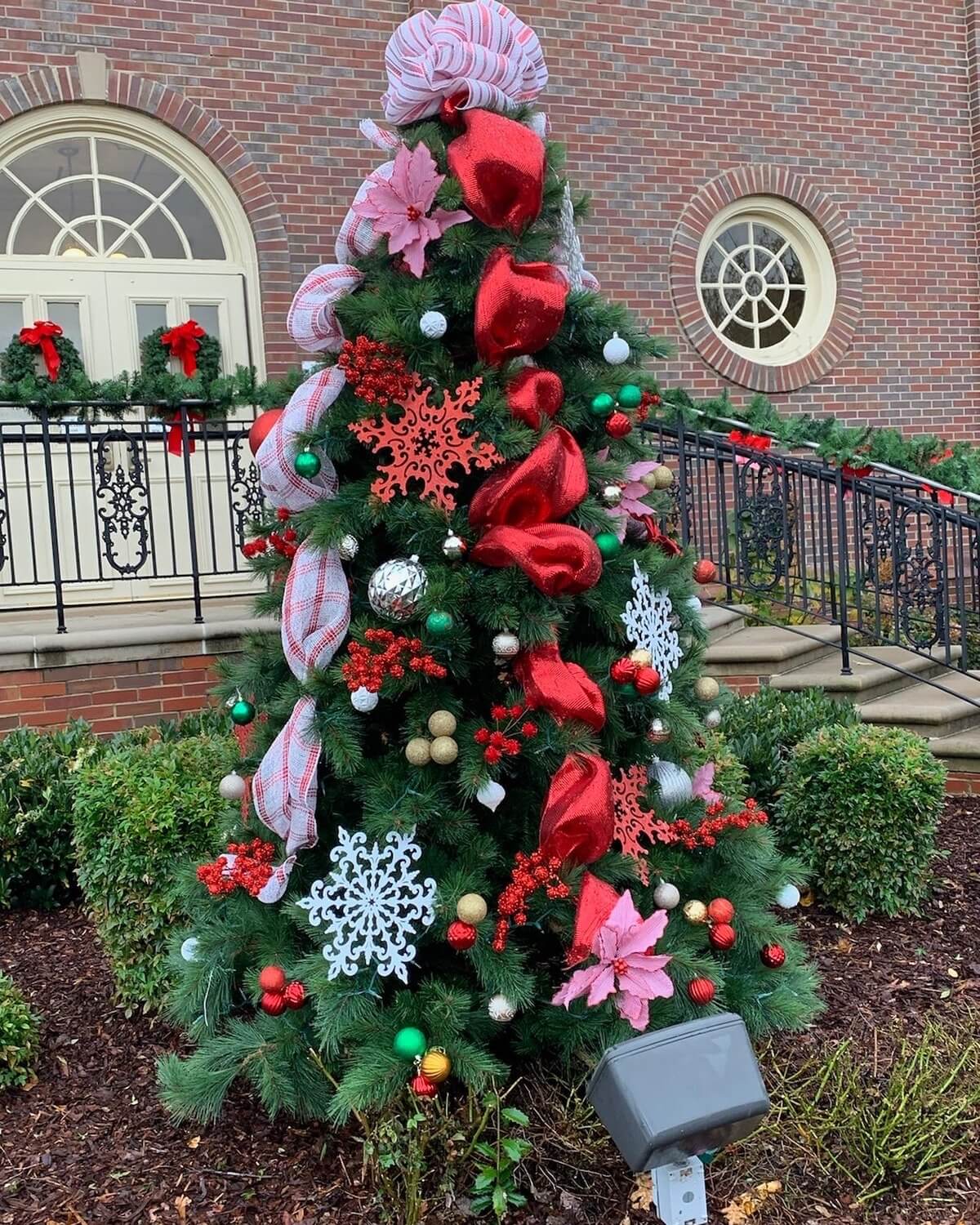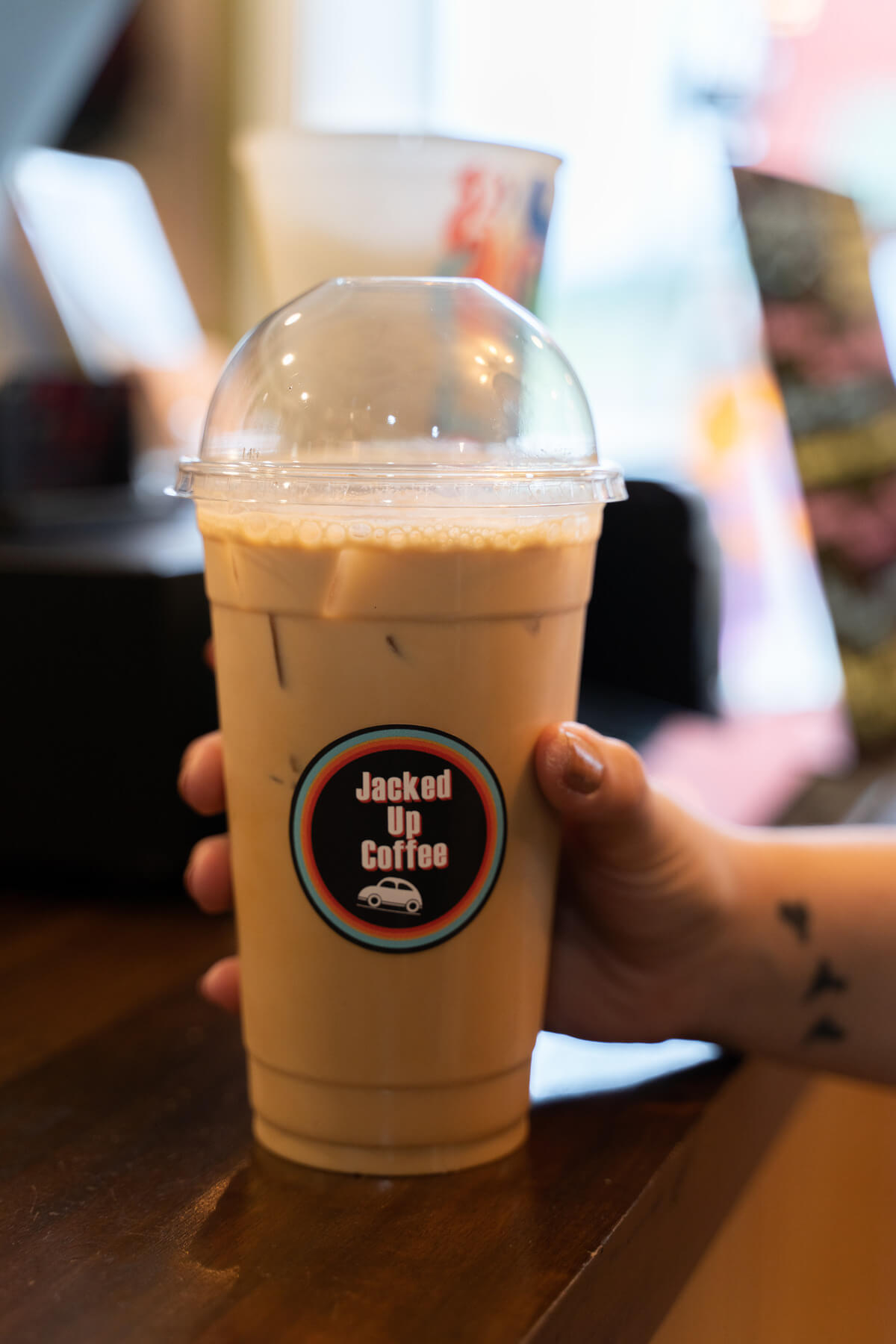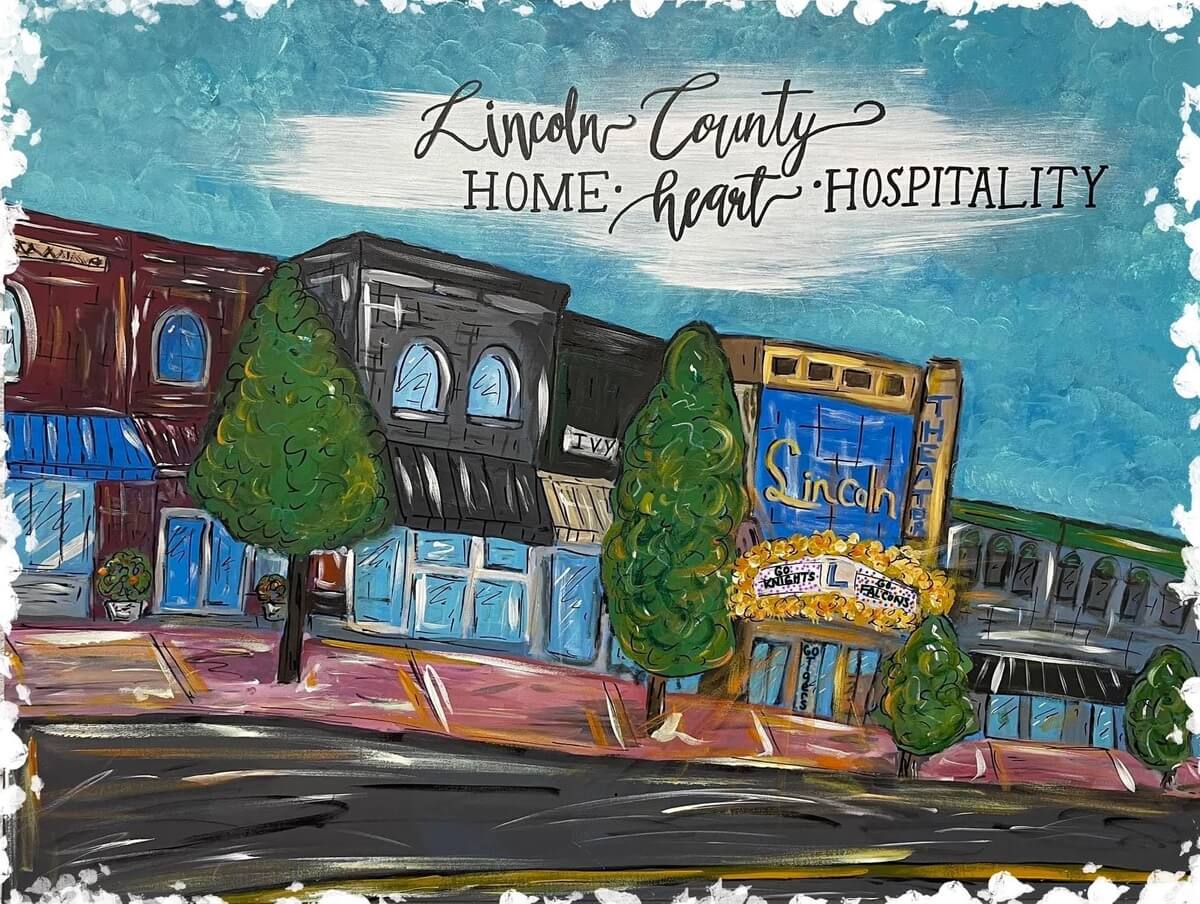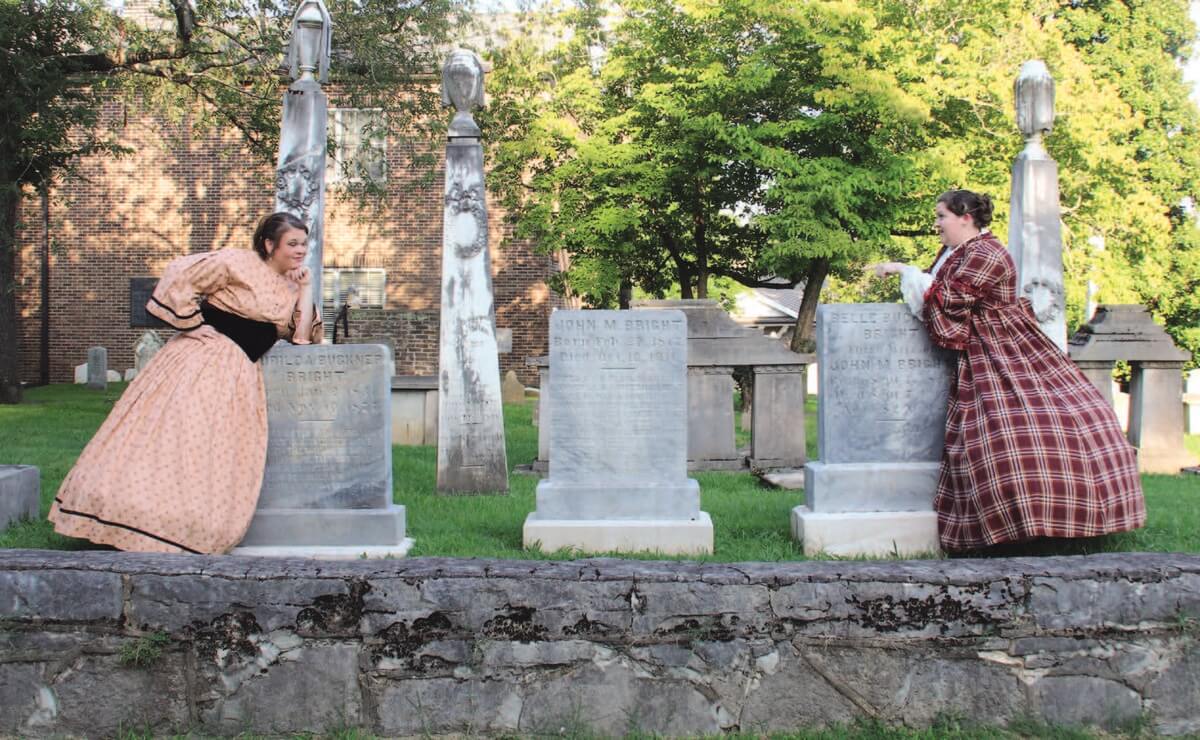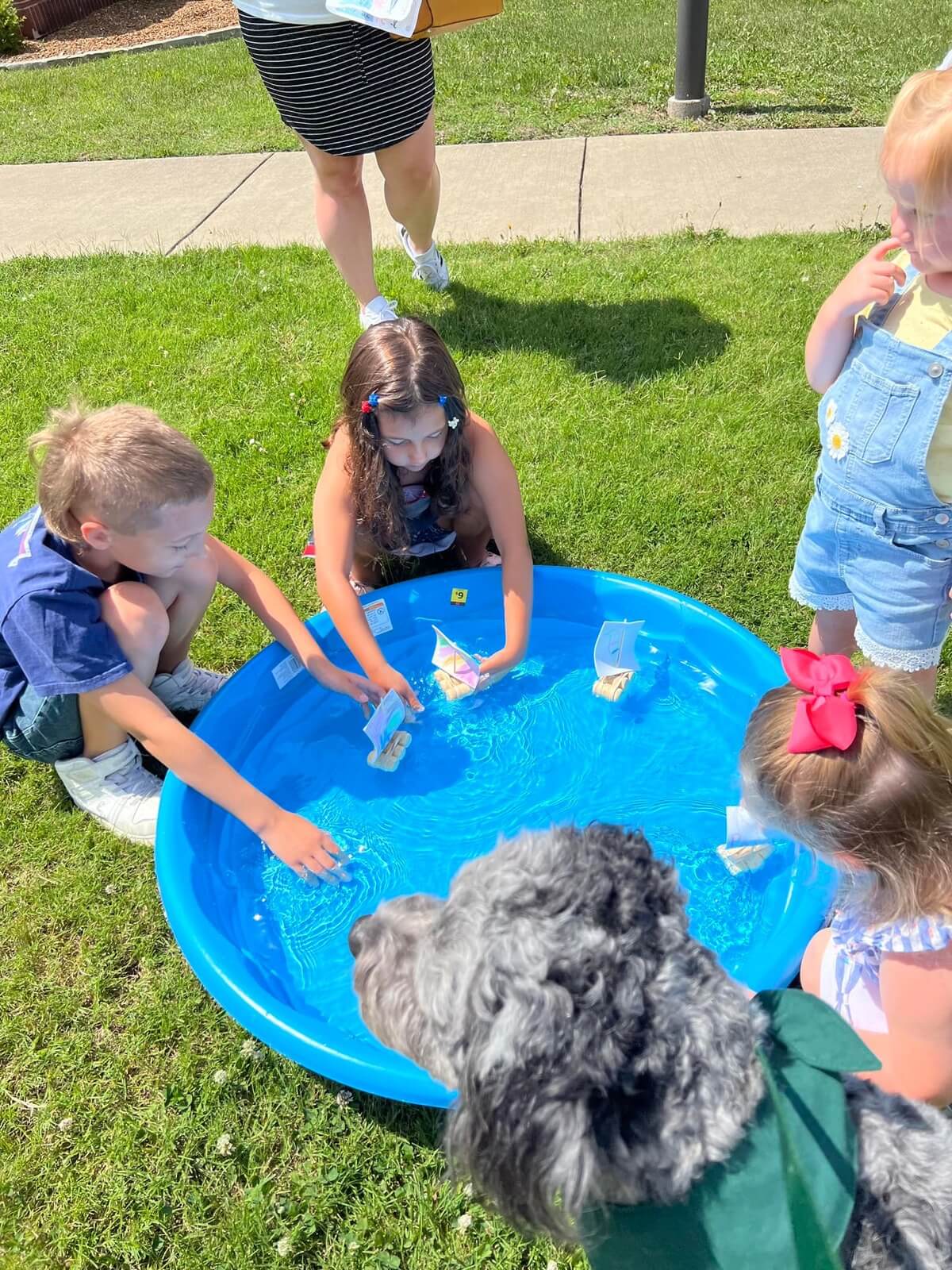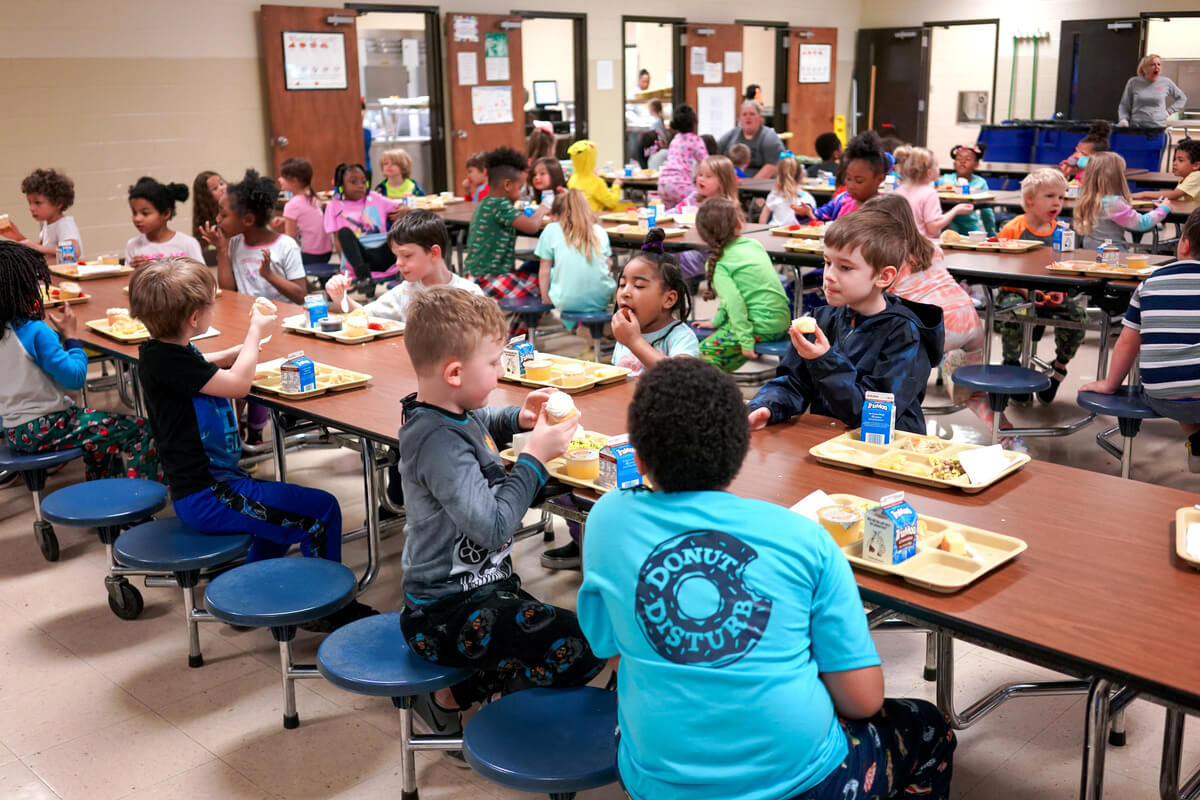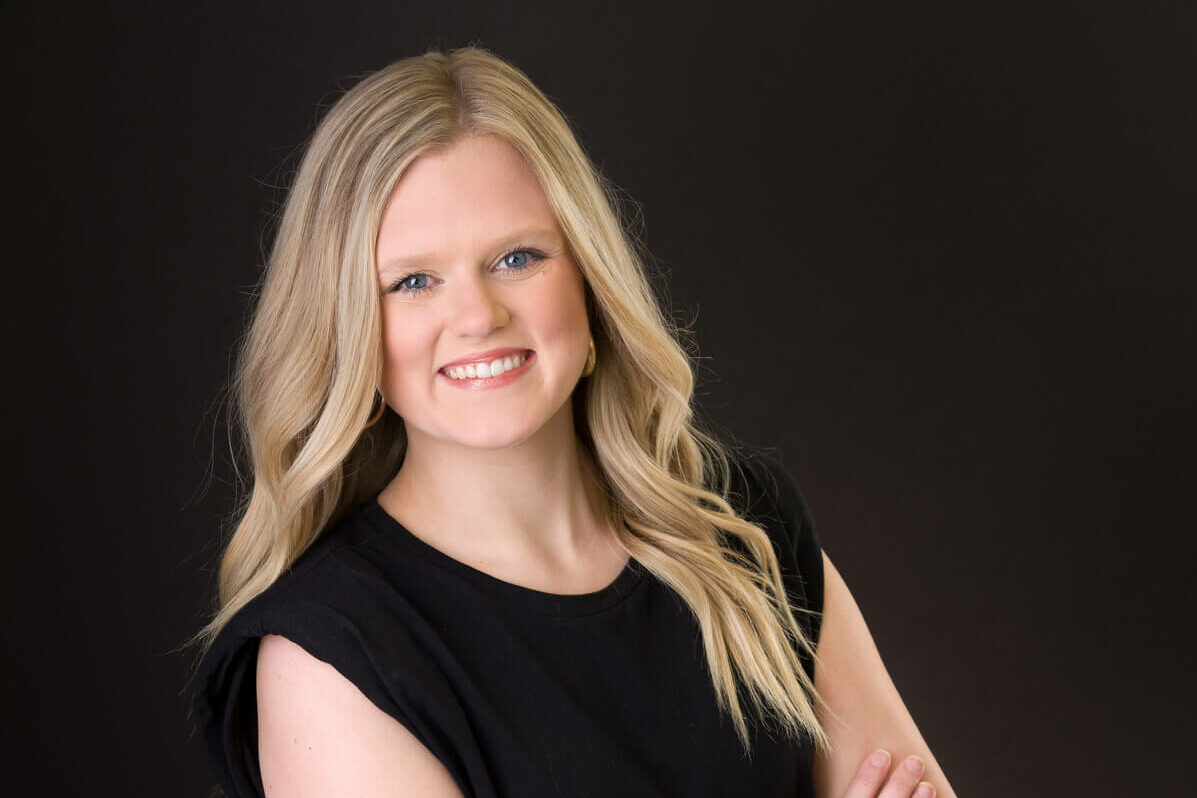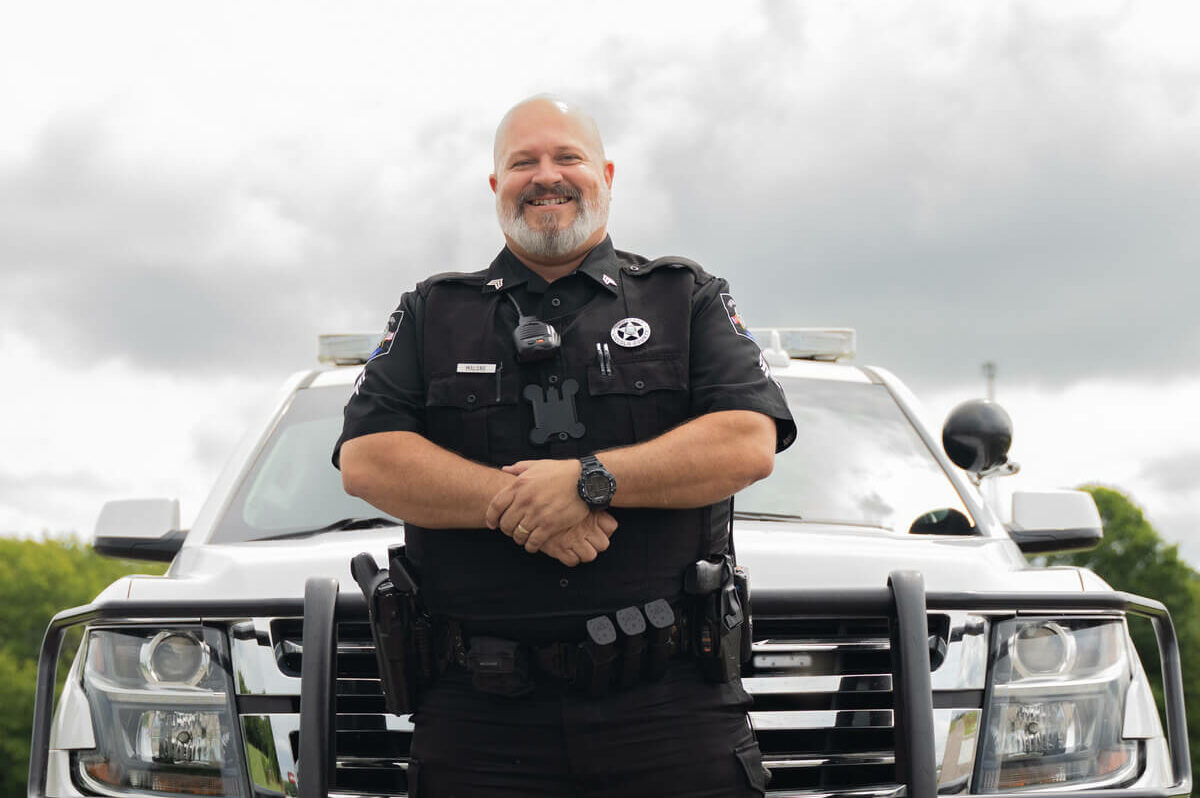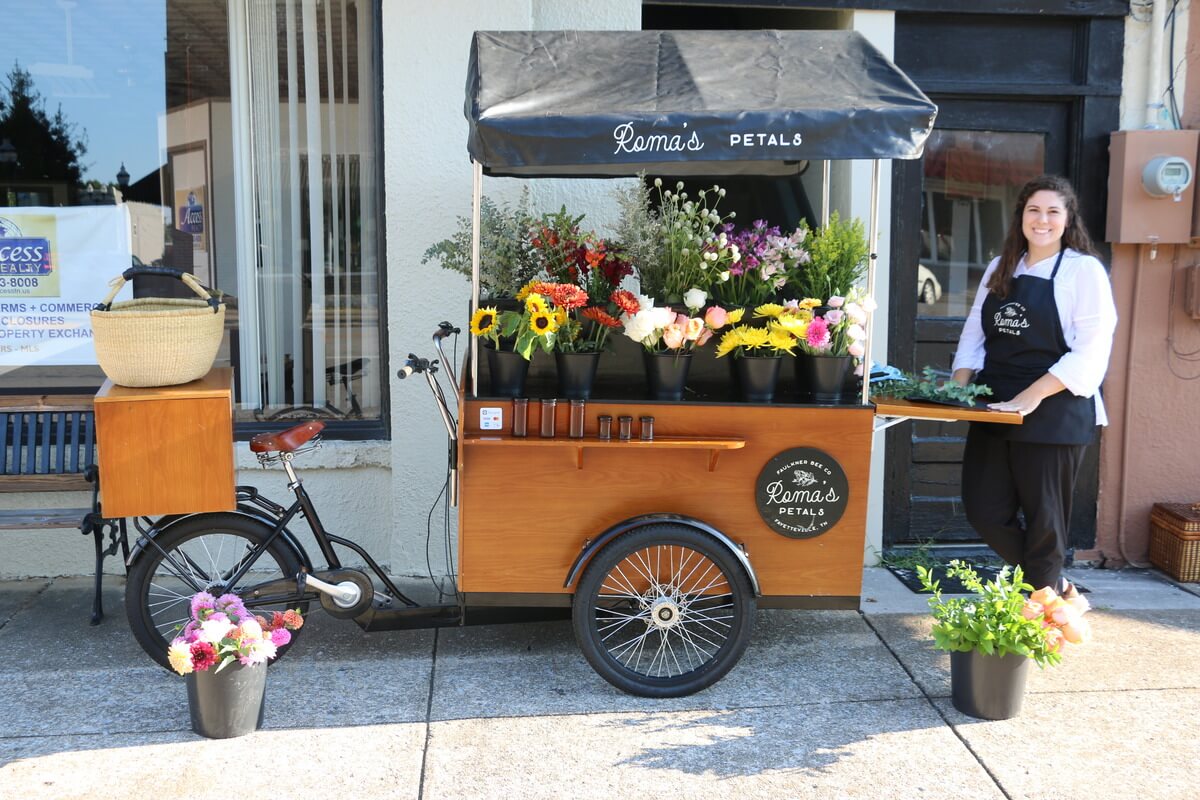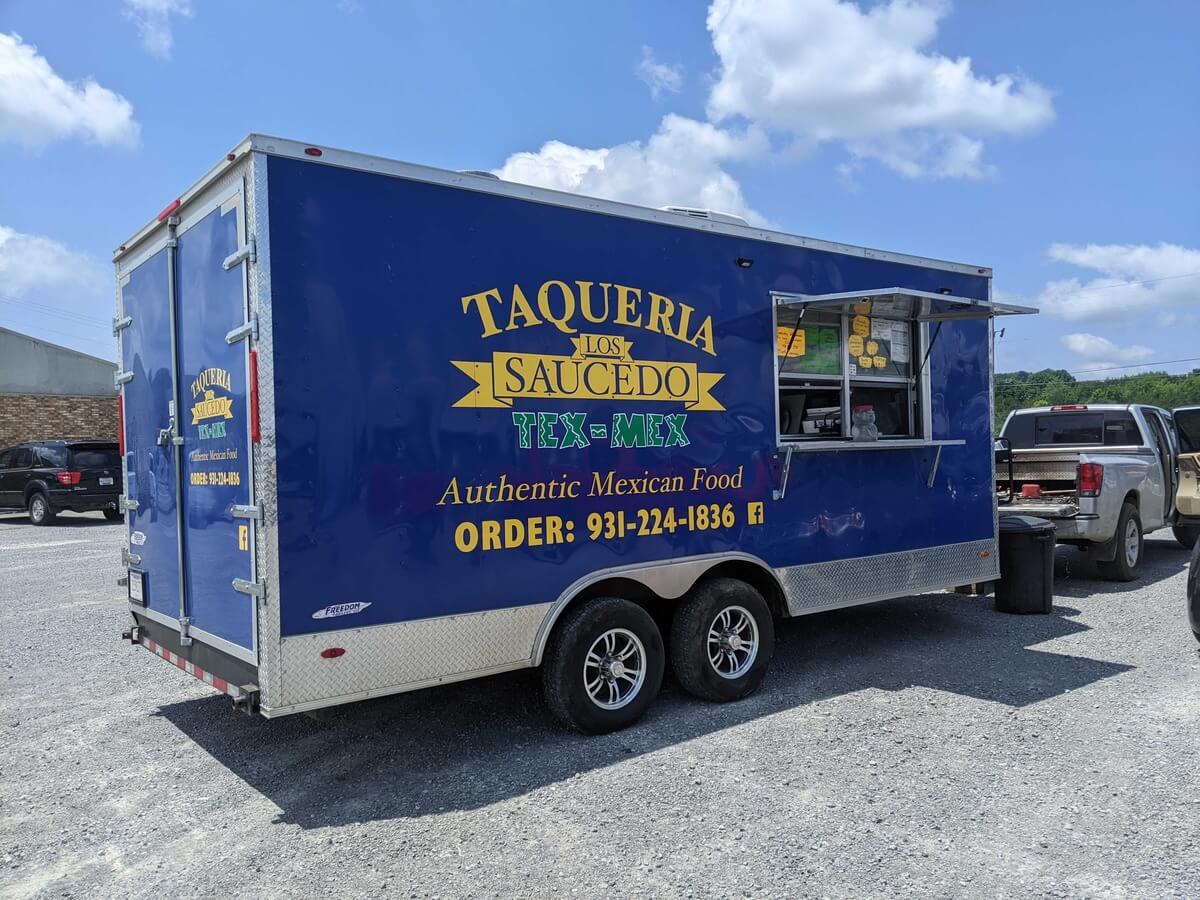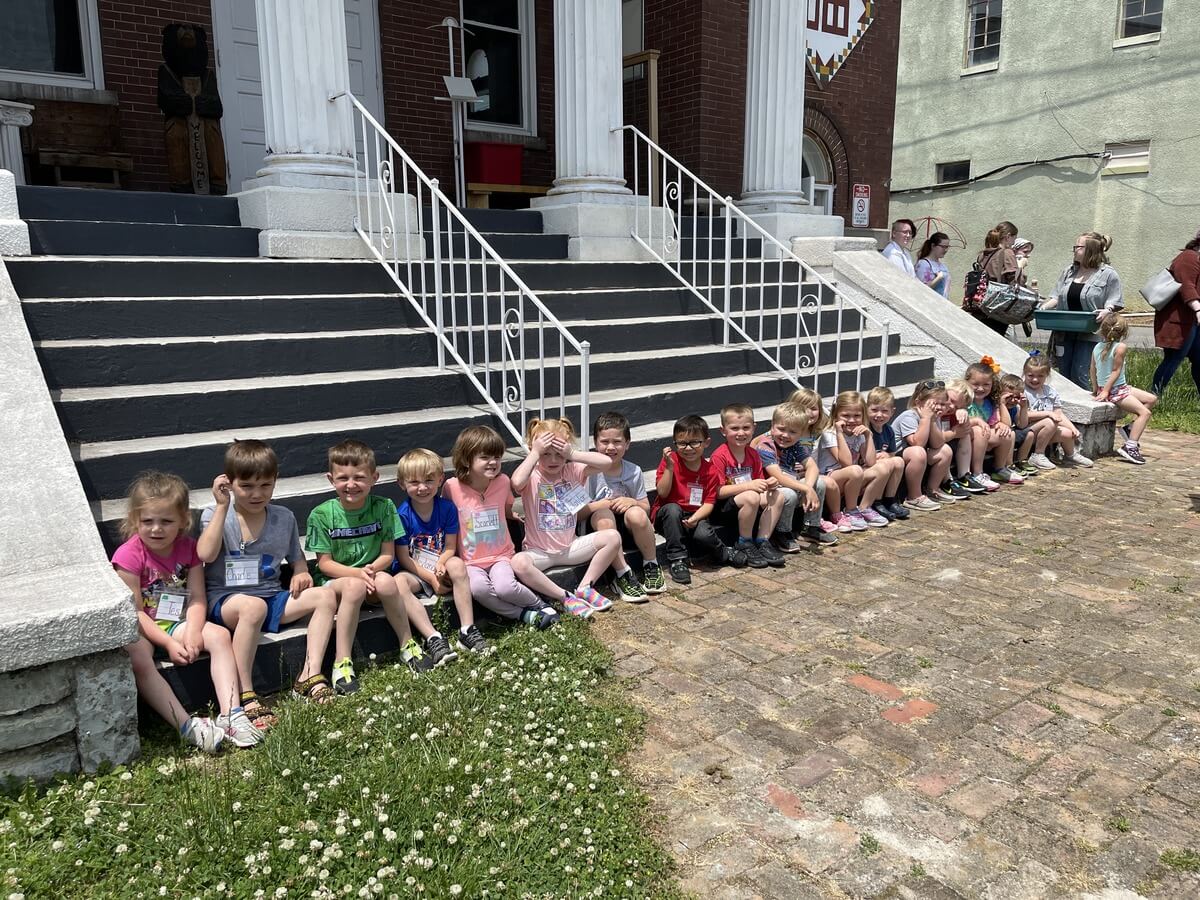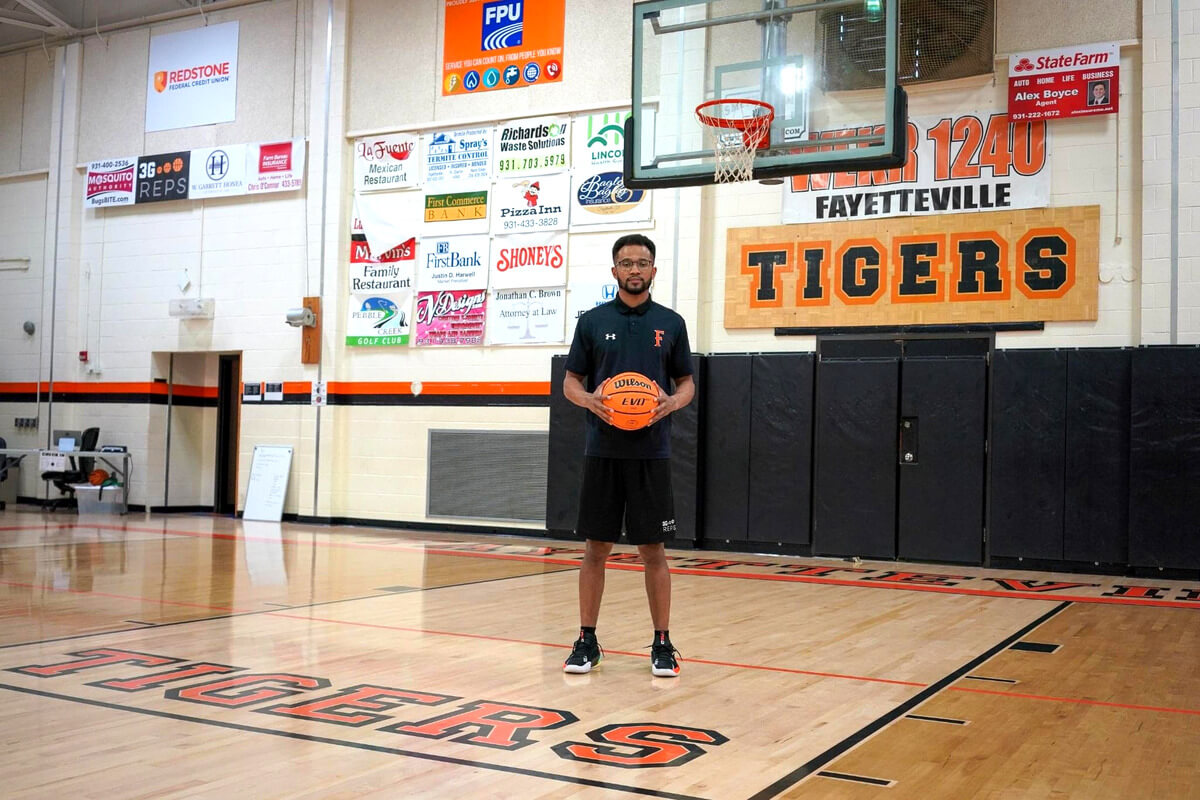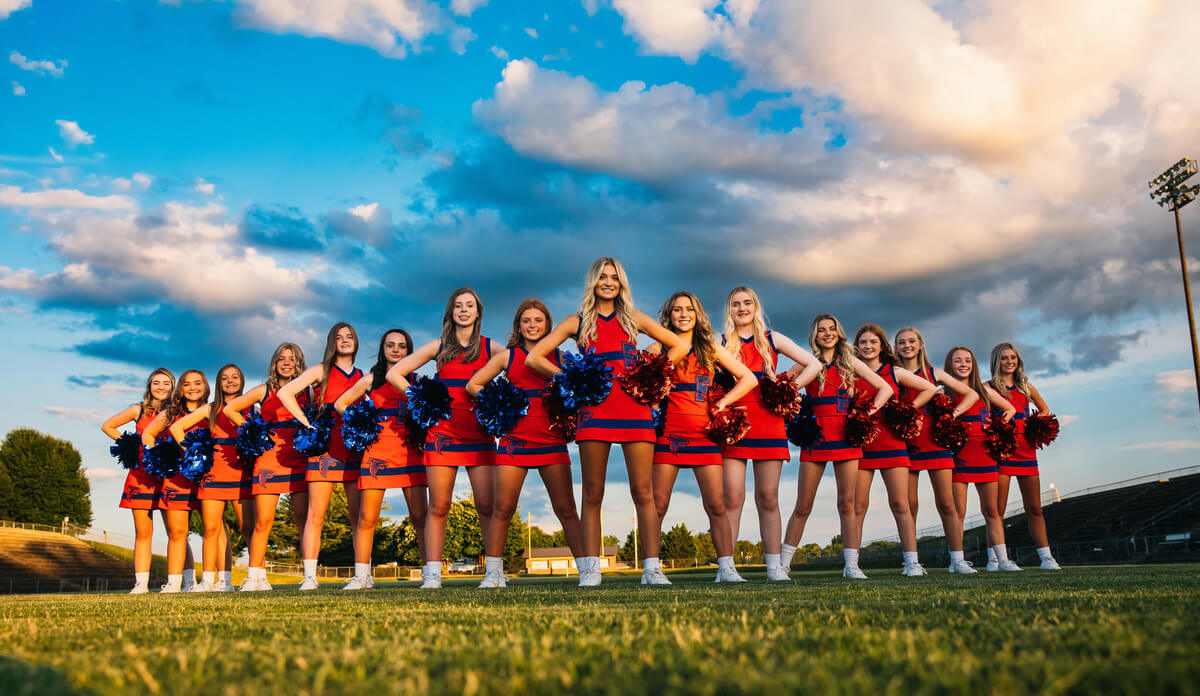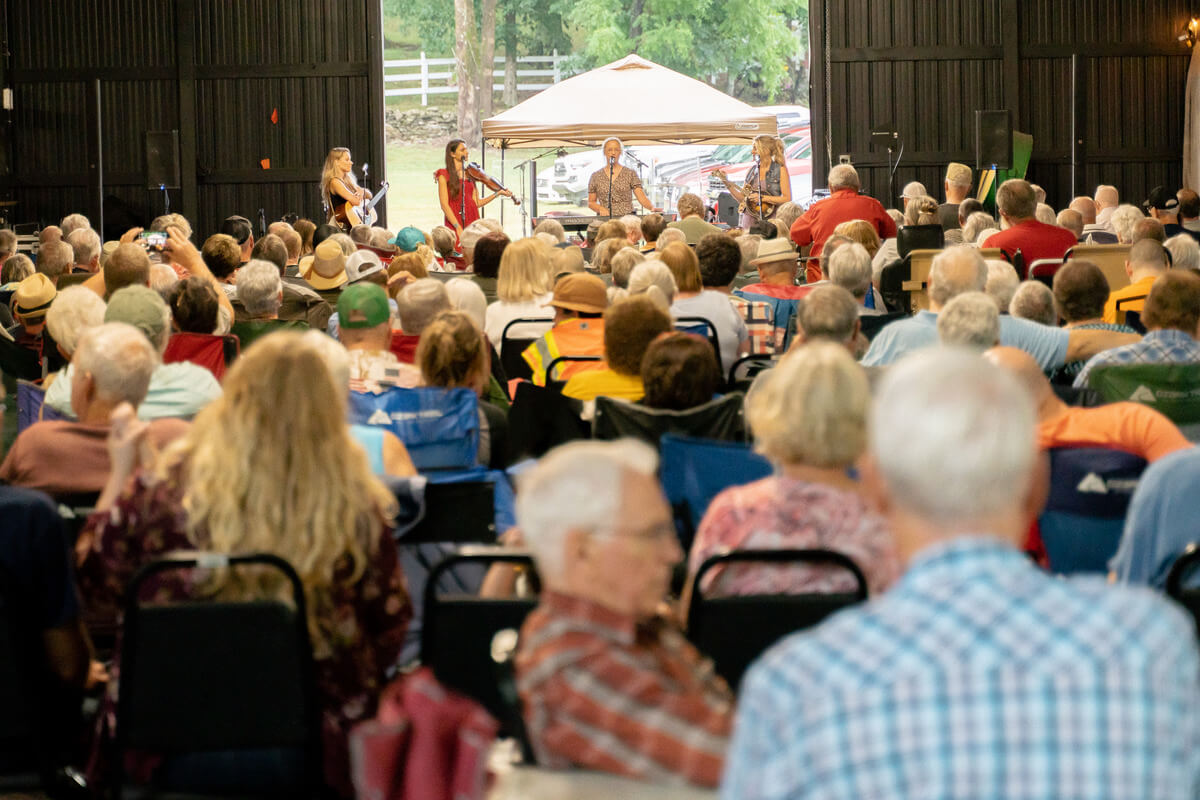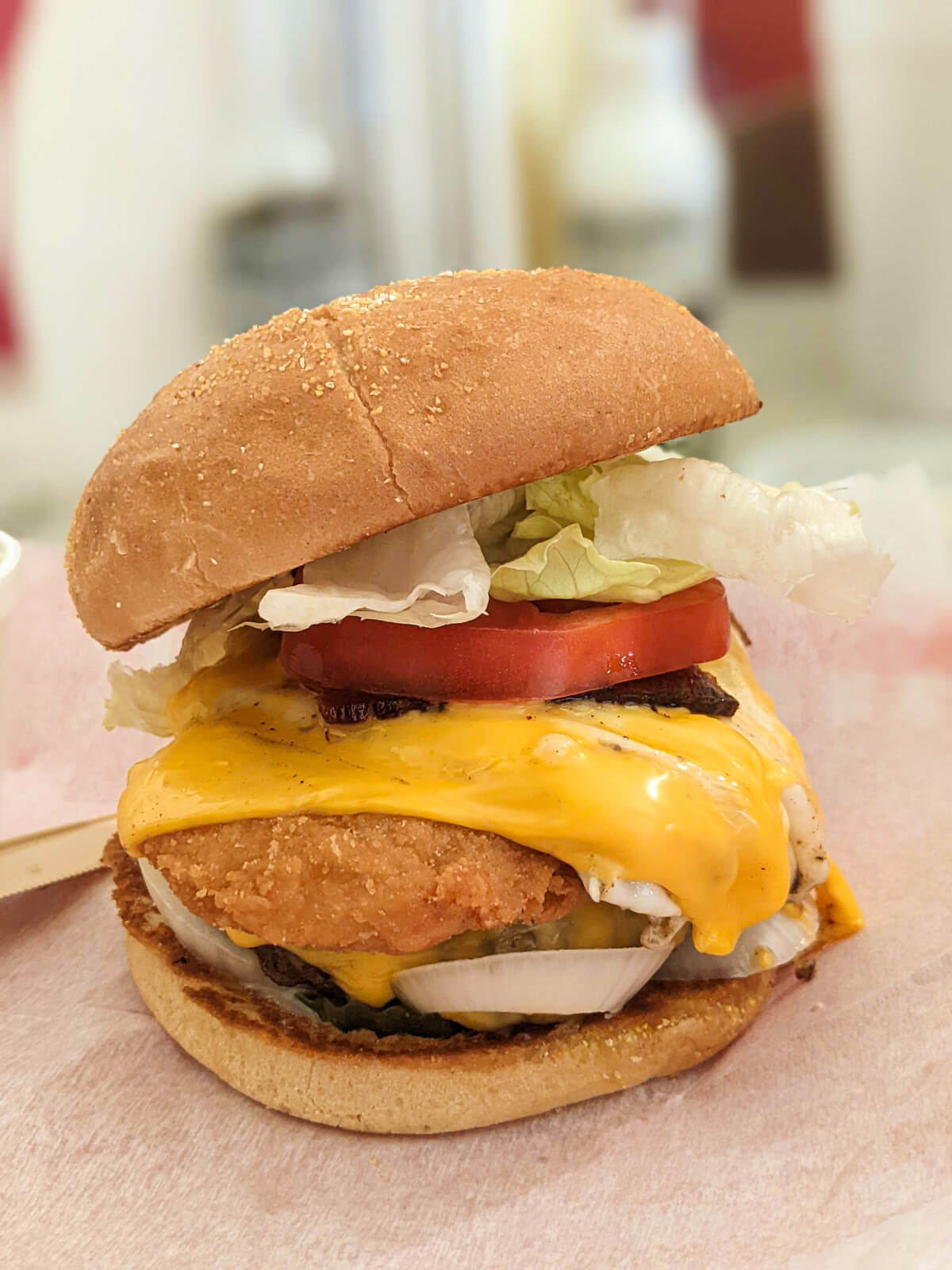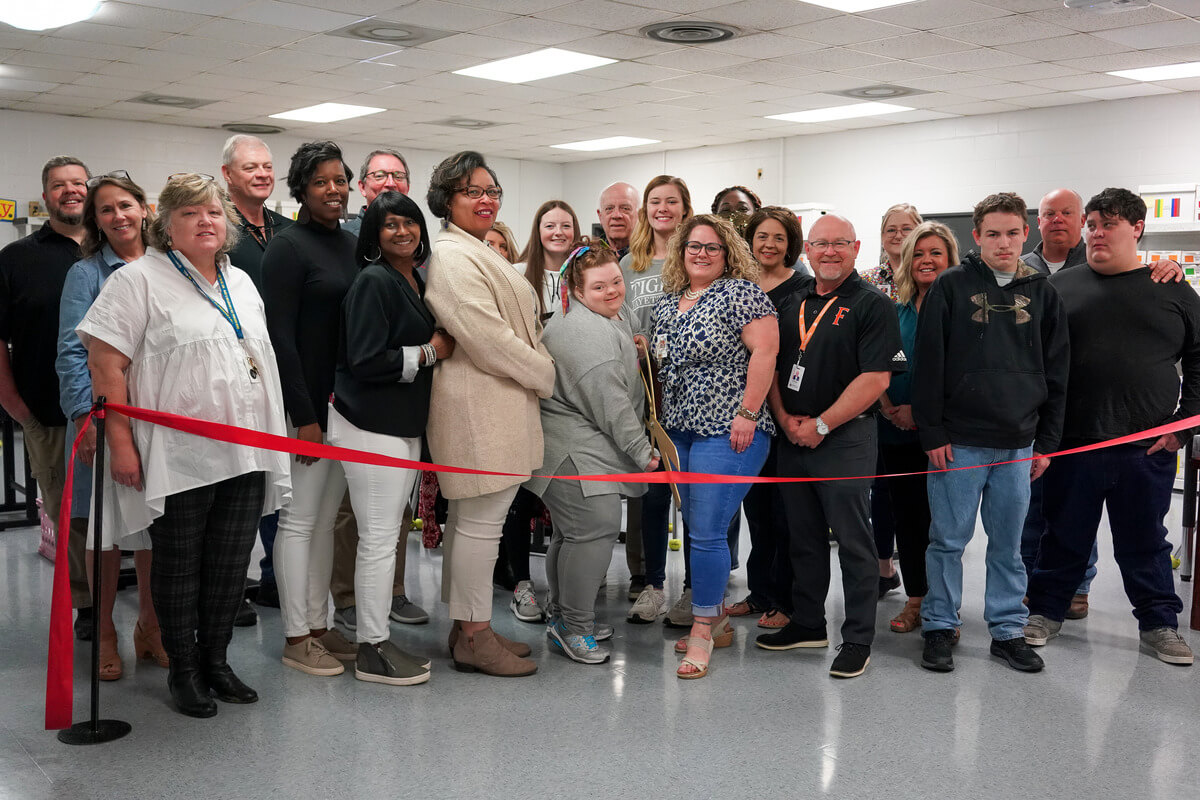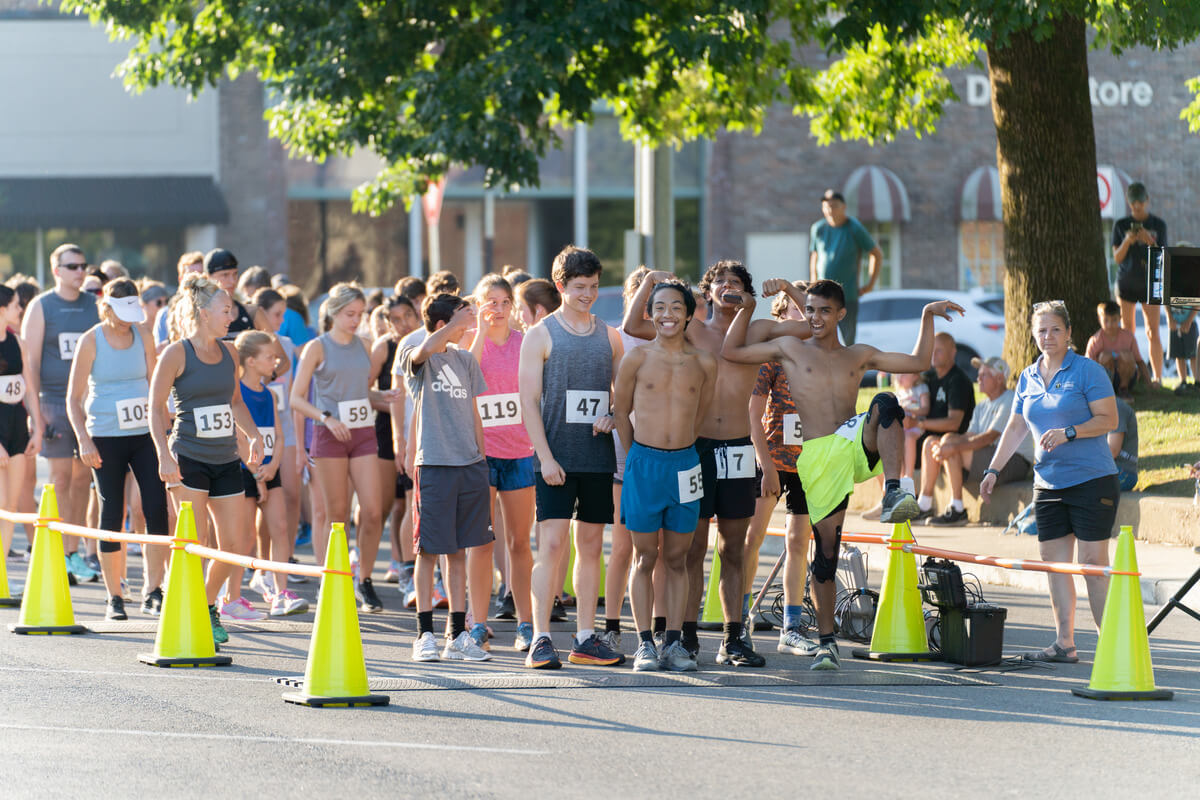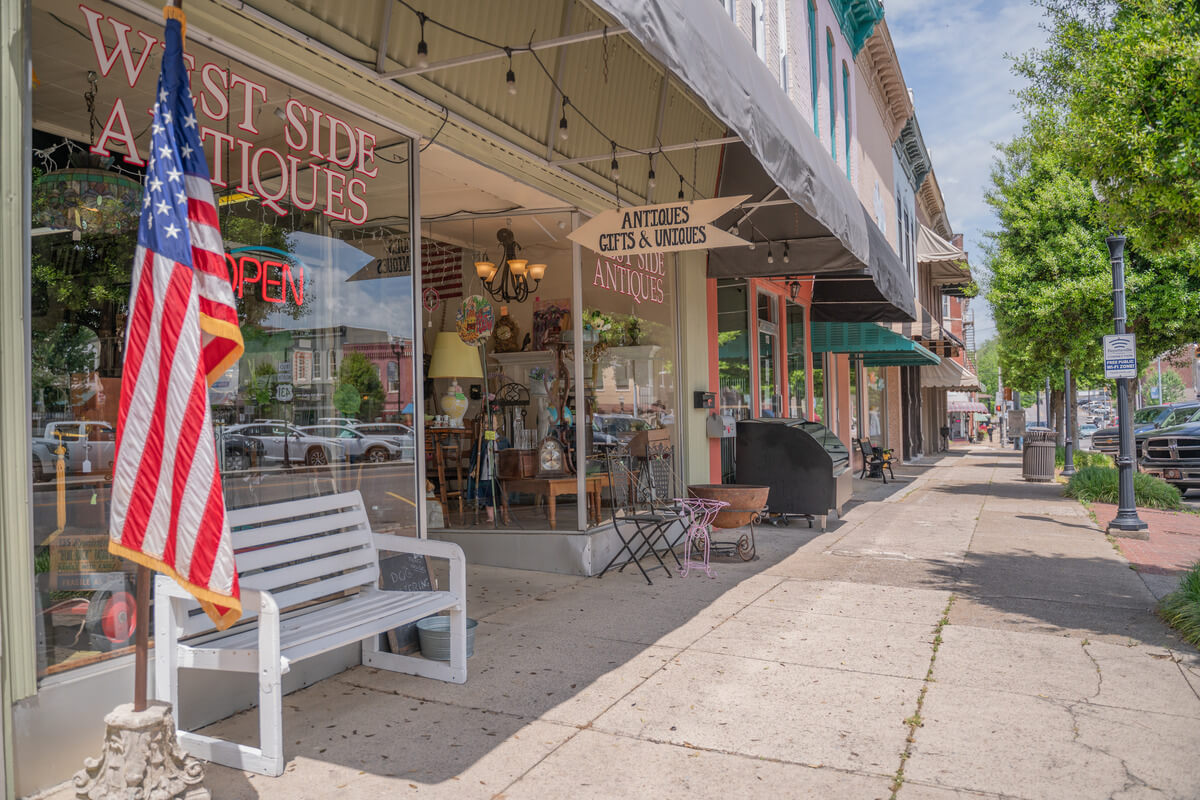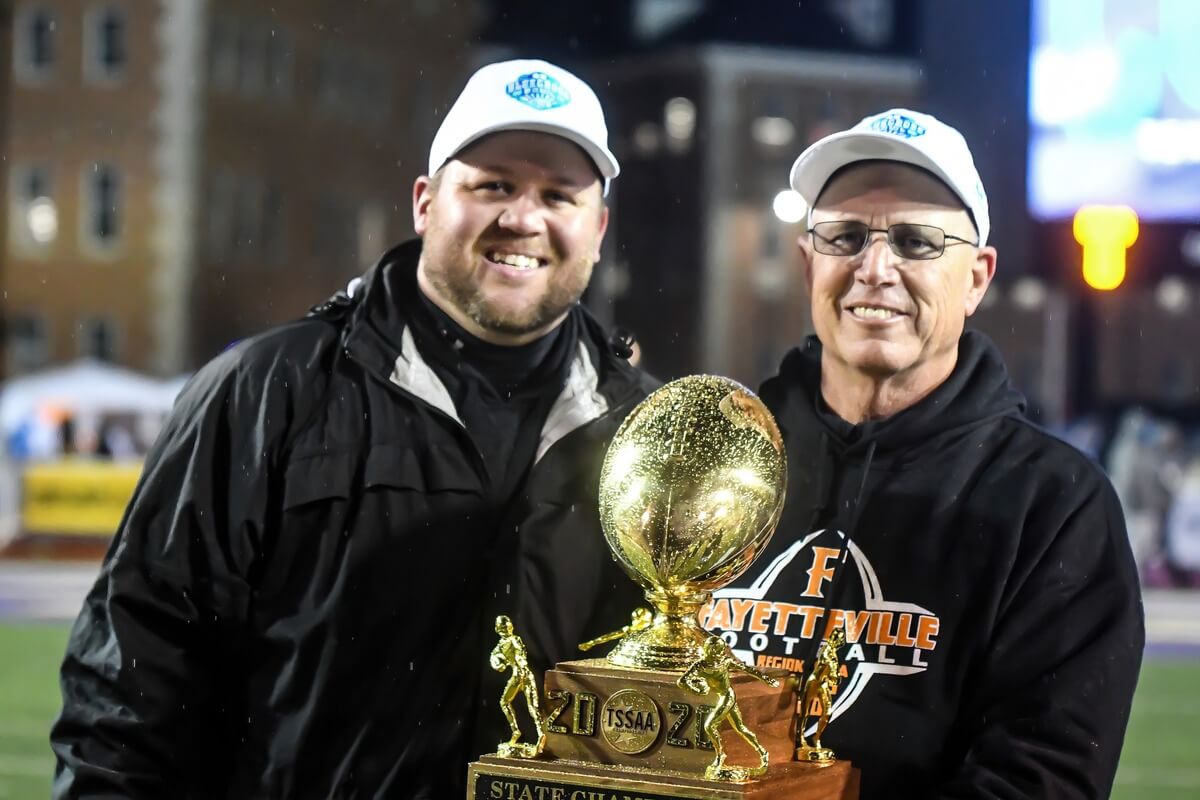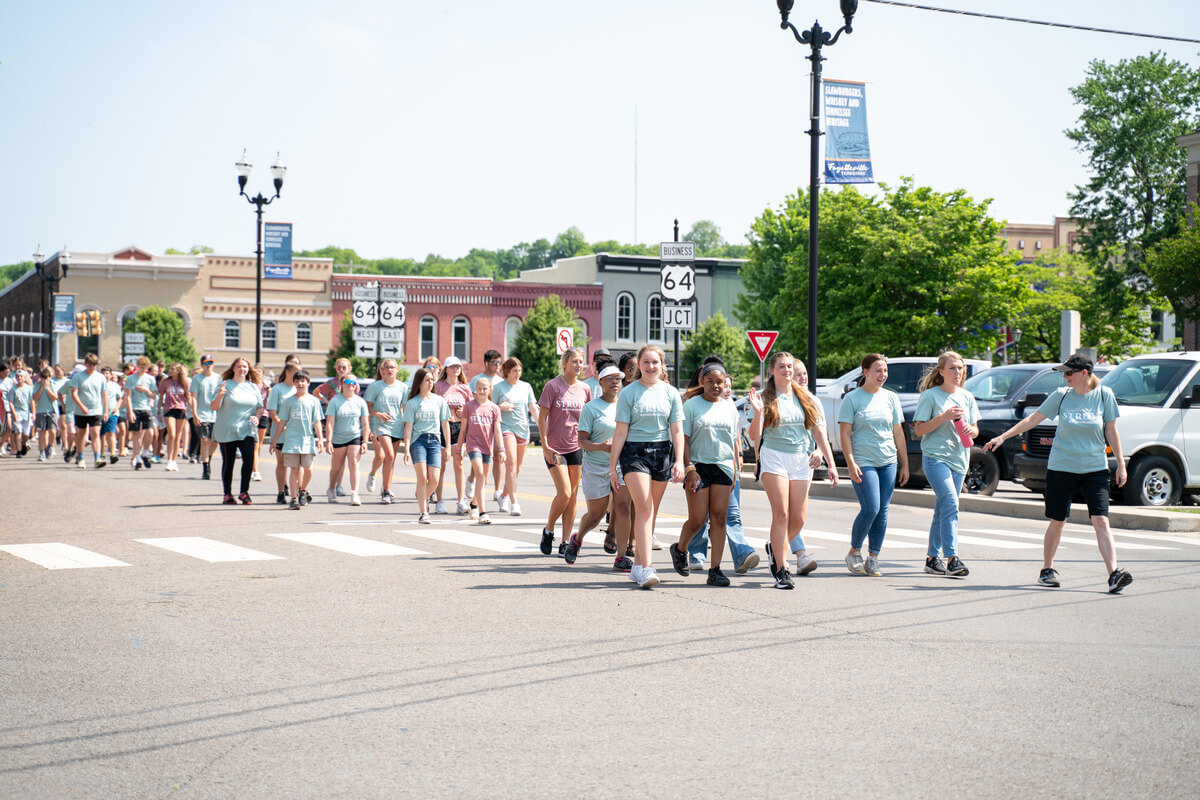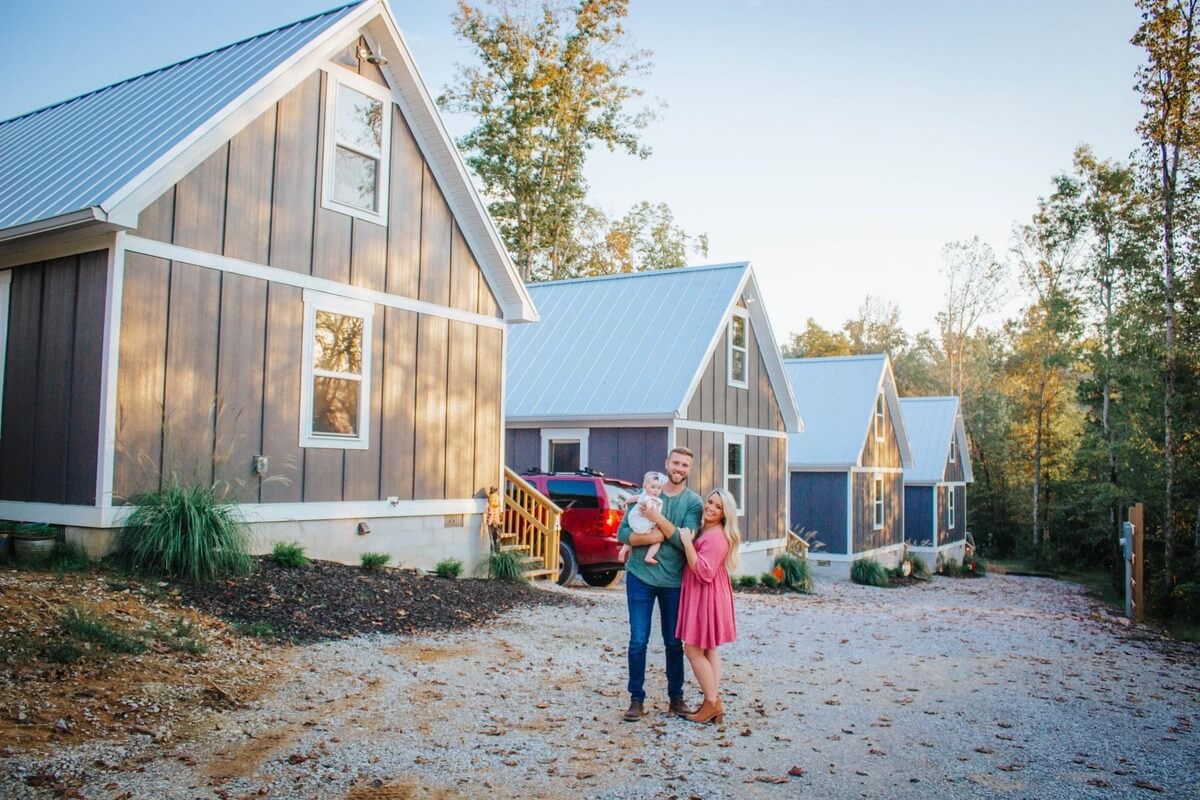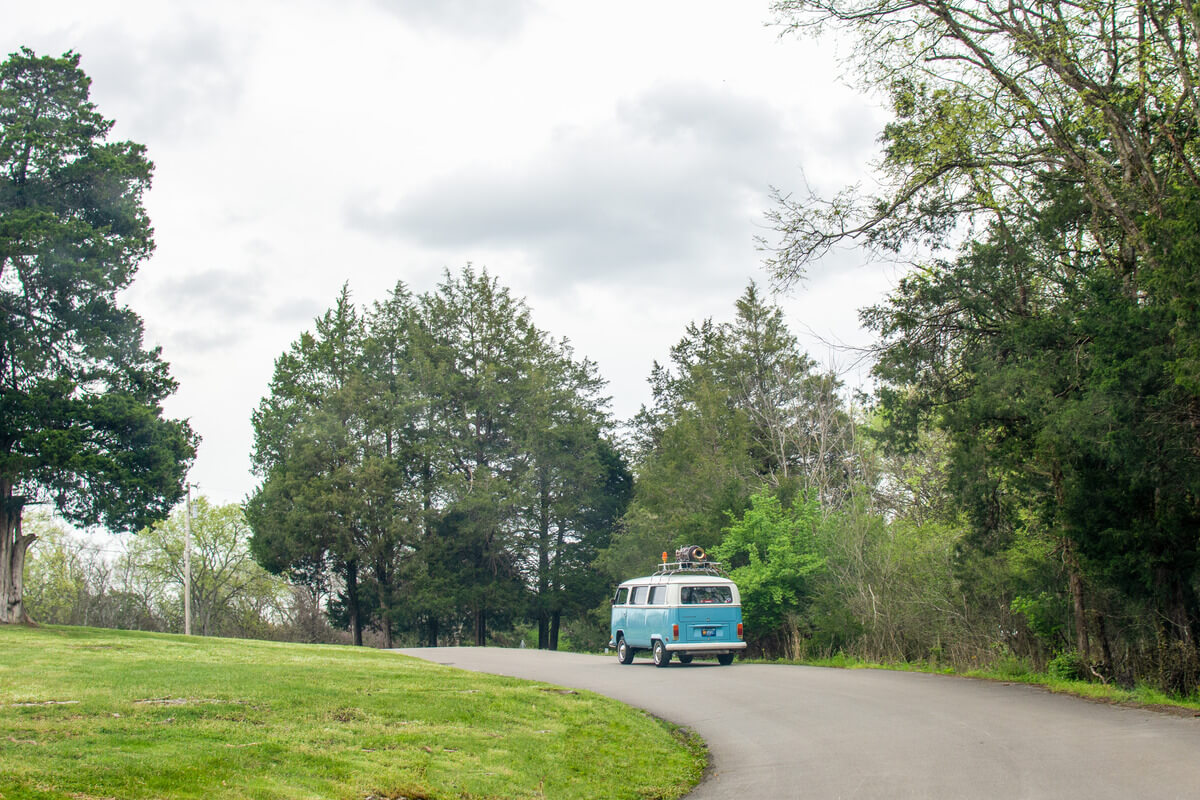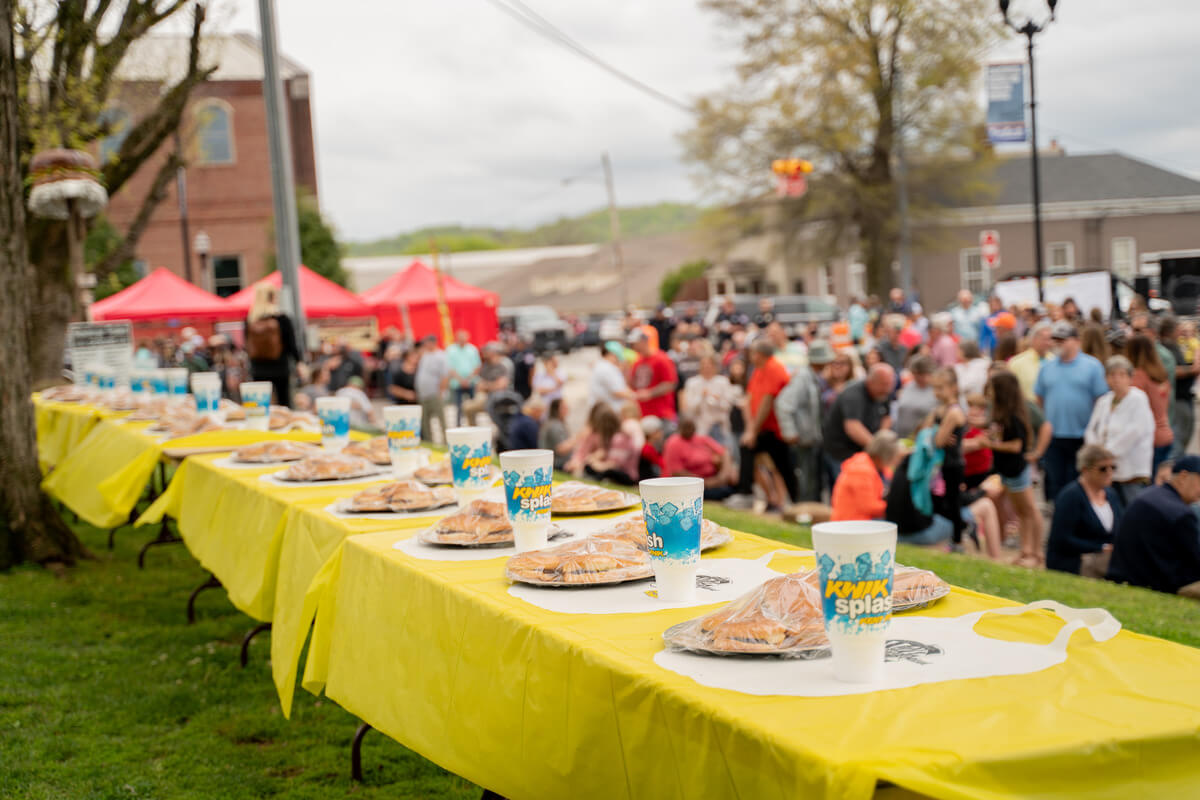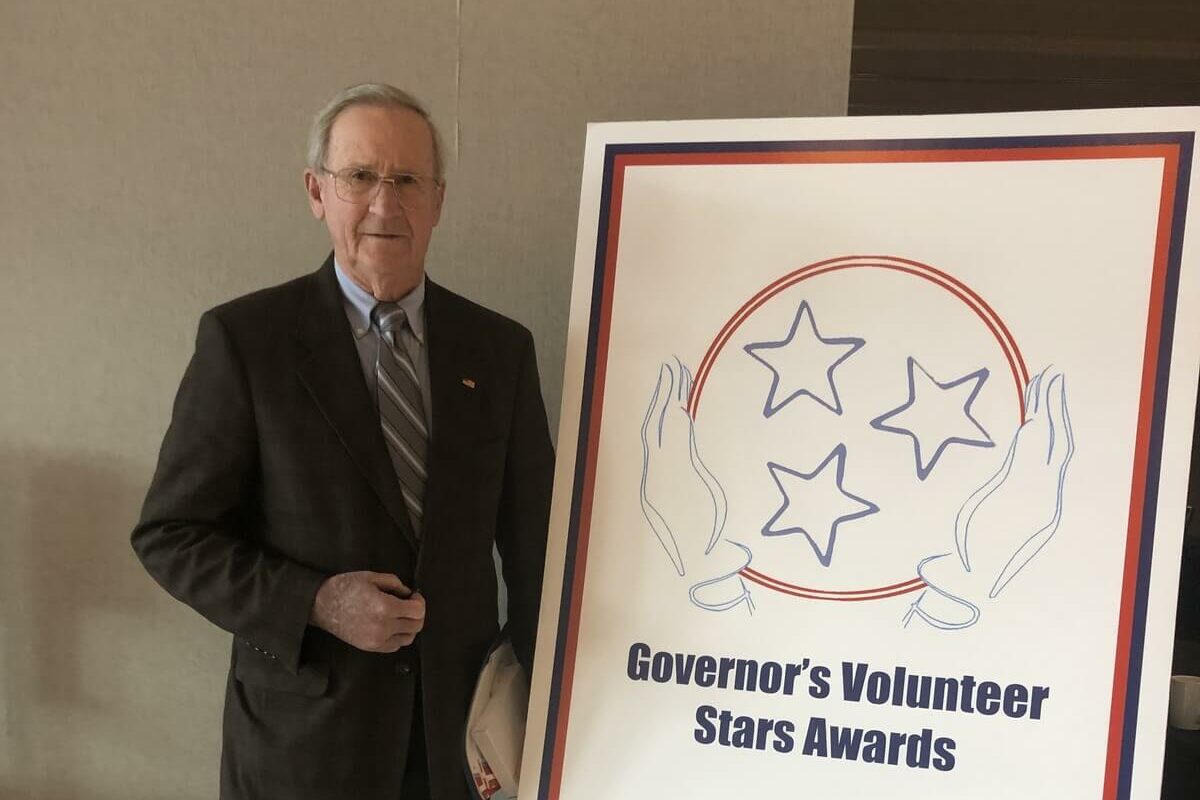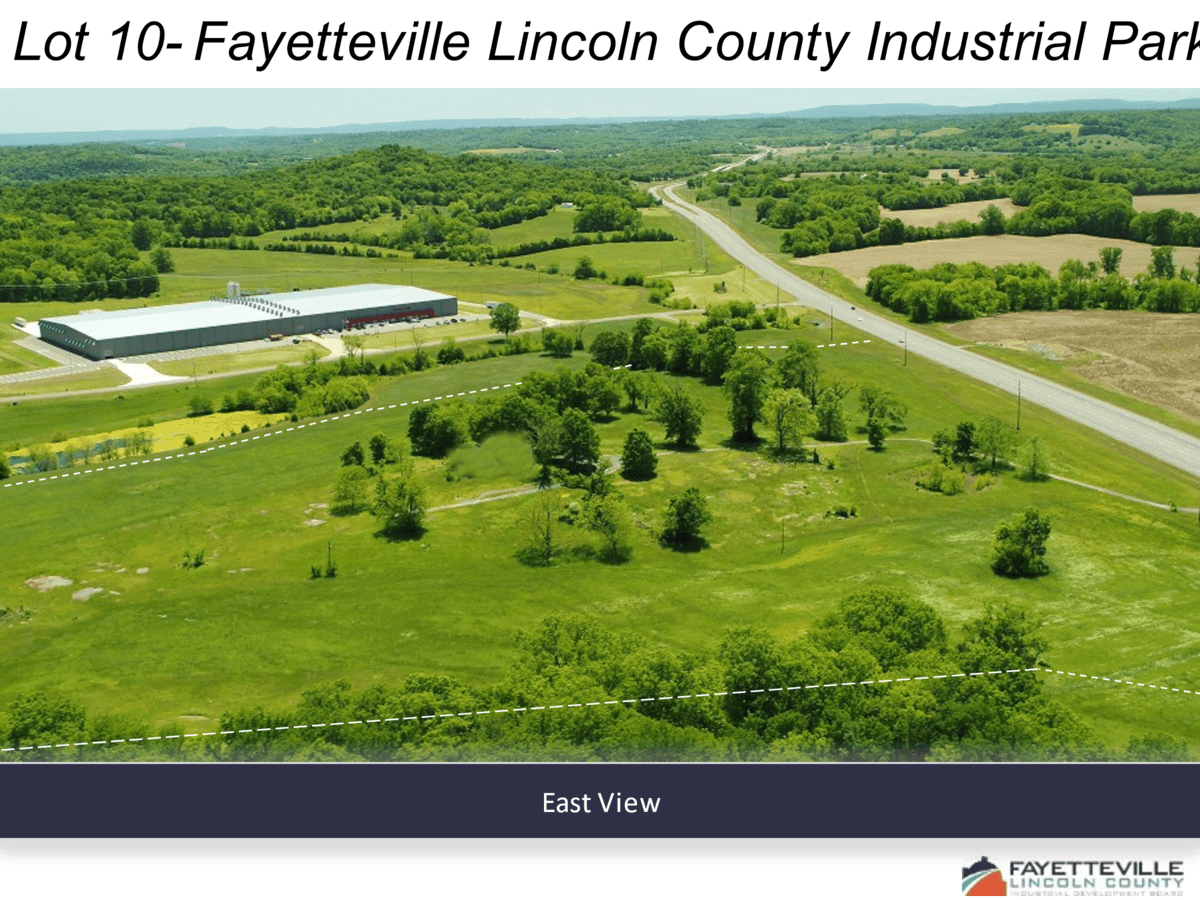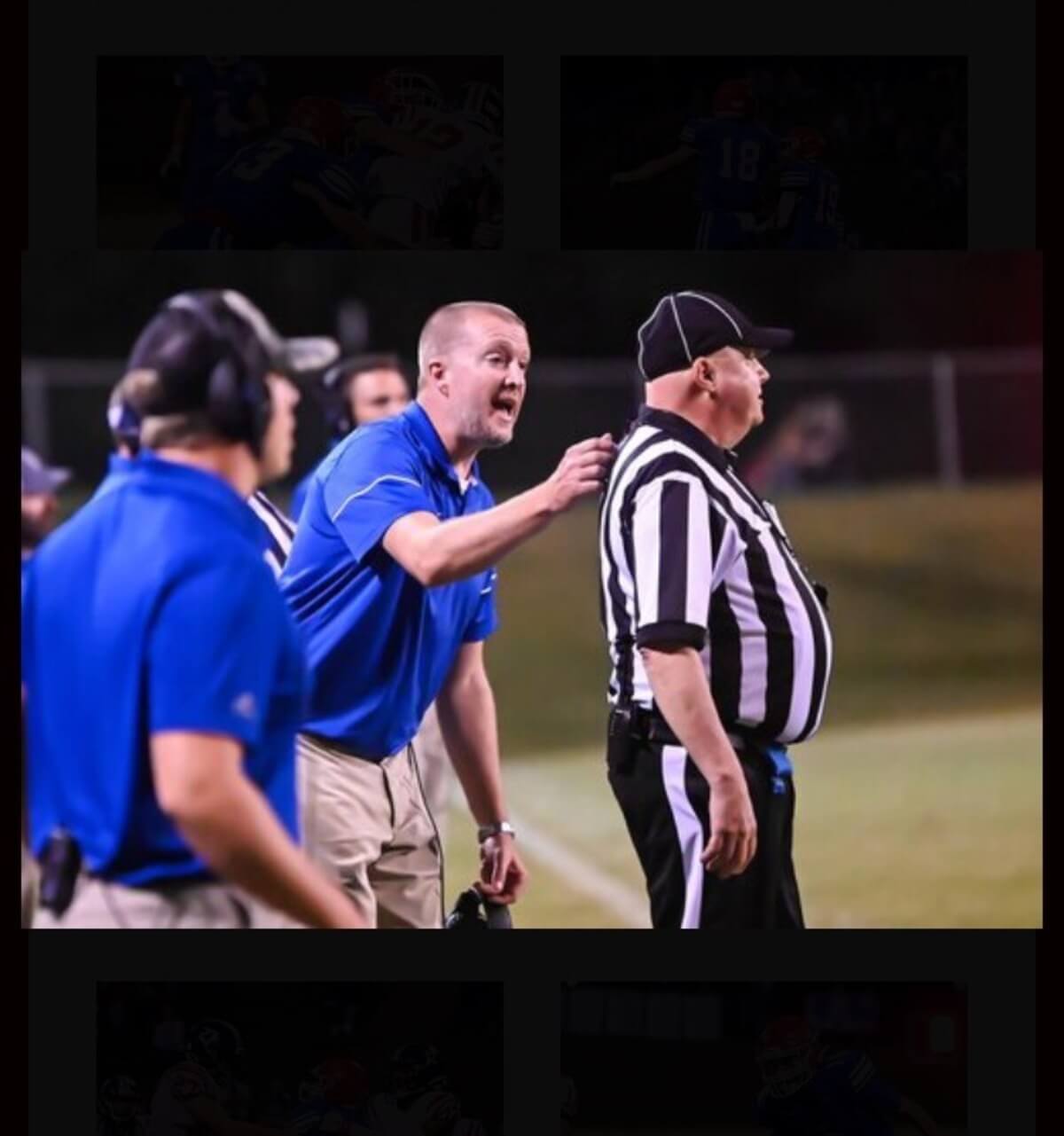WE LIVE plugged-in, with the quality of our days dependent upon technology and connections. Notifications ding, DoorDash bells ring, and the microwave’s timer calls “done.” Apps promise everything we need on our doorsteps, from groceries to the latest gadgets. We fall asleep and wake up with our cell phones within reach, feeling out of sync when service is down.
We are only a few generations removed from a time requiring greater self-sufficiency and practical skills. Late summer and early fall was a time of gathering and preparation. The planting, watering, and weeding rewarded families with healthy canned food for future days. Women pieced and stitched quilts, promising warmth and protection from winter’s worst. Food preservation, sewing, and gardening weren’t just hobbies; they were a way of life.
Family Community Education (FCE) Club, part of the UT Extension Office, has taught these and other skills for over 75 years. The service clubs are committed to learning through shared experiences, improving home and community life, strengthening adult education, and promoting life-enhancing projects.

Four communities comprise the Lincoln County FCE: Dellrose/Hotrock, Molino, Mimosa, and McBurg. Despite its decreasing membership through the years, the club’s unwavering commitment to the community and to preserving these skills is strong.
At its formation in 1912, FCE was known as the Home Demonstration Club. Later, the name became Extension Homemakers Club, an identity that remained unchanged from the mid-80s to 1994, when it became known as Family Community Education. Membership demographics also changed. The club’s name and membership faces, like society, changed and evolved with the times; its mission, though, was rock solid.
Lincoln County FCE County Reporter Lisa Hoffman-Ritter said, “Right now, the overwhelming majority of our members are older ladies; most are retired. We all have an overwhelming desire to help through our volunteer work, and the majority of our members are skilled crafters and outstanding cooks.”
FCE Club meetings were a hub for rural women for decades. Fellowship, service, and education in home demonstration arts created a network outside of home and church life.

Today’s generations network differently. With so many activities for children and grandchildren, the time for club participation is scarce. Attracting new members is a top priority, as is bringing awareness to the club’s mission and programs.
“We’re not a politically affiliated organization. Our goal is to provide community pride and service through volunteerism, and we strive to recruit like-minded individuals who receive great joy in helping their fellow Lincoln Countians,” expressed Hoffman-Ritter.
The FCE Club weaves Tennessee’s volunteer spirit throughout its programs and activities like beautiful stitches in a hand- made quilt. Its annual fundraisers help make a positive impact and warm the lives of others. Thanks to the club’s efforts, local students who might otherwise miss the opportunity can attend 4-H Camp, and graduating seniors receive scholarship assistance to further their education. Over the past 10 years, more than 30 students have received scholarships through the program, and the group provided nearly 50 full or partial scholarships to 4-H Camp.
Annual fundraisers like the Sweetheart Bake Sale and the Casseroles & More Sale raise money for scholarships and summer camp financial assistance. These are opportunities for the community to invest in future generations. Individual clubs hold other fundraisers to support their other charitable contributions.
“Our success can be attributed to the increased participation of our members, actively seeking out sponsors and customers, and the implementation of advertising campaigns through Bank of Lincoln County online, the Elk Valley Times, WYTM, club flyers, and word of mouth. Because we have held these two fundrais- ers every year for several years, Lincoln Countians have become accustomed to participating and supporting us, and we are truly thankful for their generosity,” Hoffman-Ritter said.

Most club collaborations begin with requests from individuals through FCE members. Hoffman-Ritter said, “We provide help to animal shelters, food drives, toy drives, financial help to the Lincoln Coun- ty Museum and Warrior Exhibit, veteran’s homes and organizations, nursing homes, all the local schools and churches, Junior’s House, and Crisis Pregnancy Center, just to name a few.”
Club members assist the UT Extension Office by presenting programs such as “Canning College,” computer literacy classes, and sewing camps. The Cultural Arts Fair held each July ensures the preservation and continuity of the crafting skills demonstrated at the fair.
“Winners in each category advance to the regional competitions, and winners from regional competitions advance to state competitions,” she said. “There are monetary prizes and bragging rights to those winners.” It’s a winning spirit that’s alive and well in FCE.
While the landscape of community engagement has shifted, the spirit of FCE remains resolute. The club seeks new members who share a passion for service and skill preservation. Consider joining to connect with your neighbors, learn practical skills, and make a tangible difference in your community.
Lincoln County FCE lives plugged-in — plugged into the community’s past, present, and future through all it does. GN


